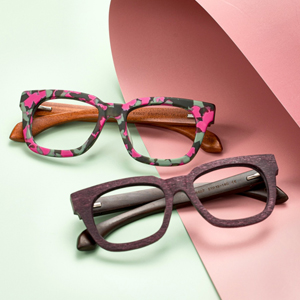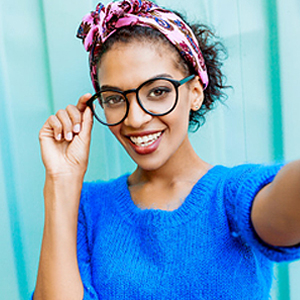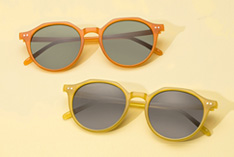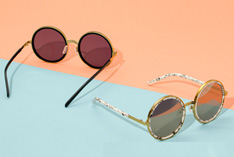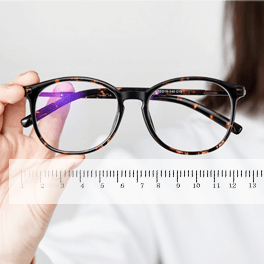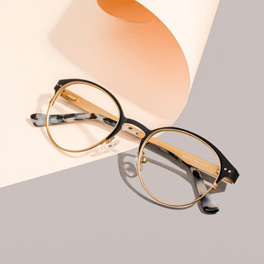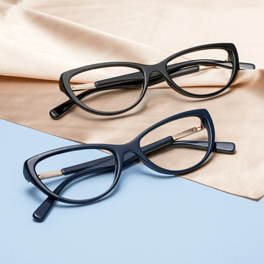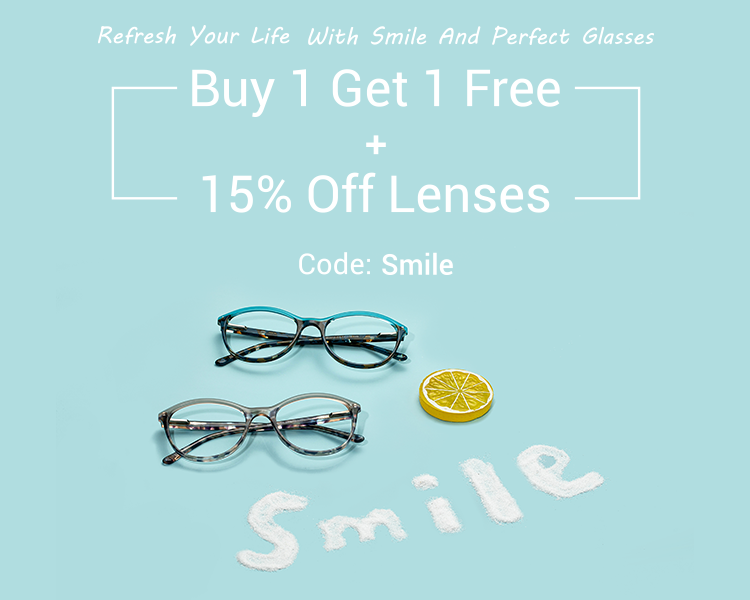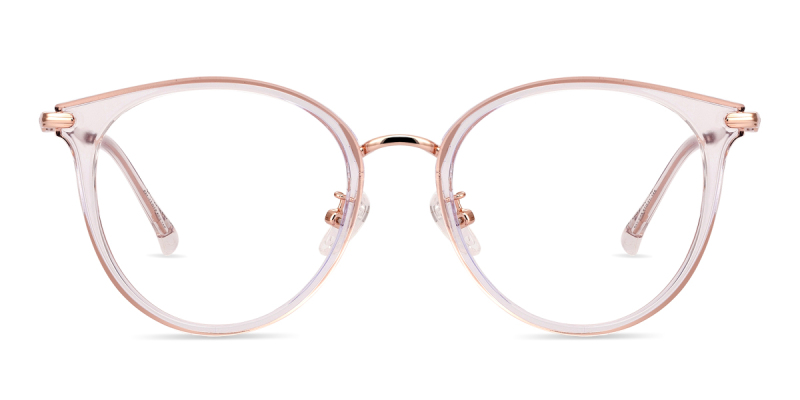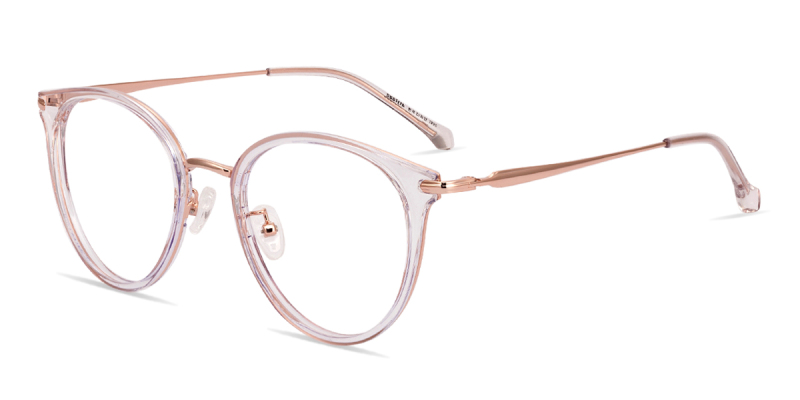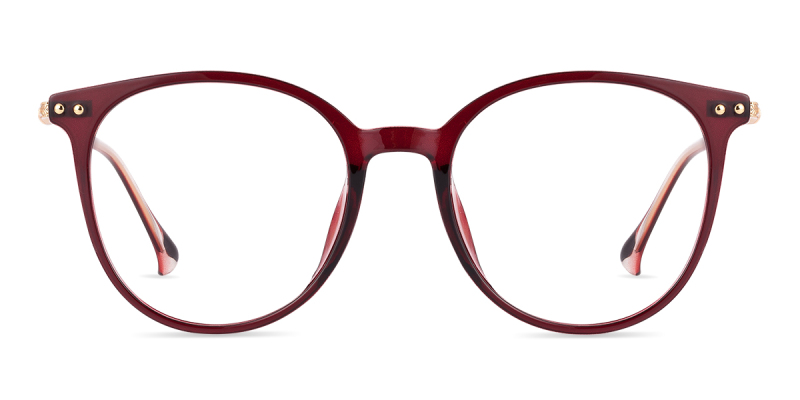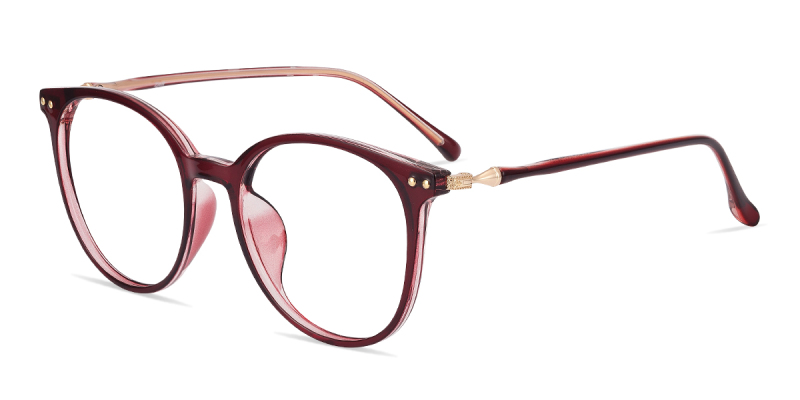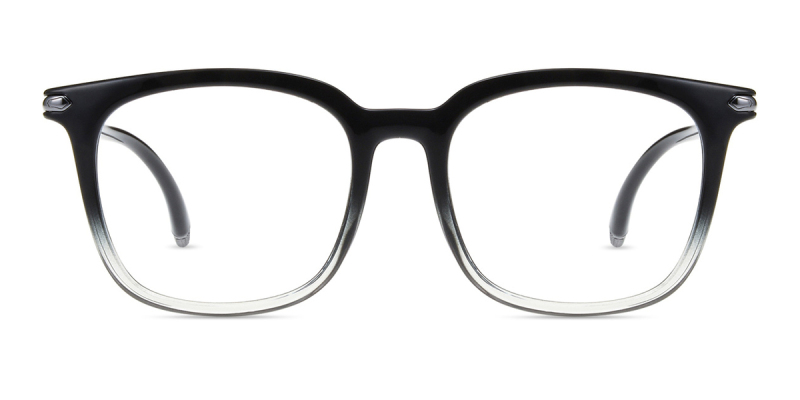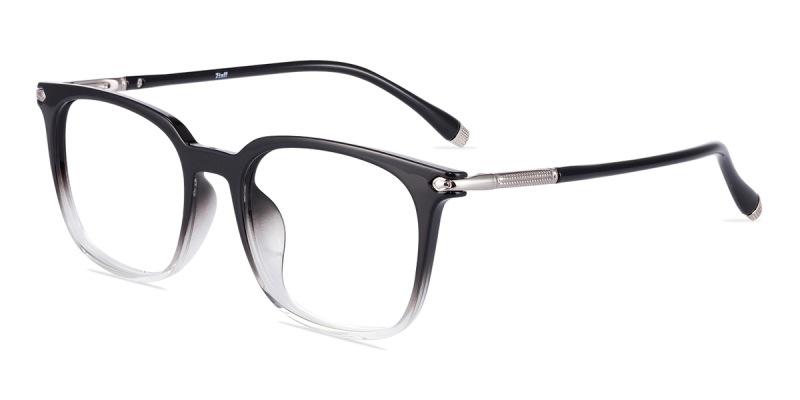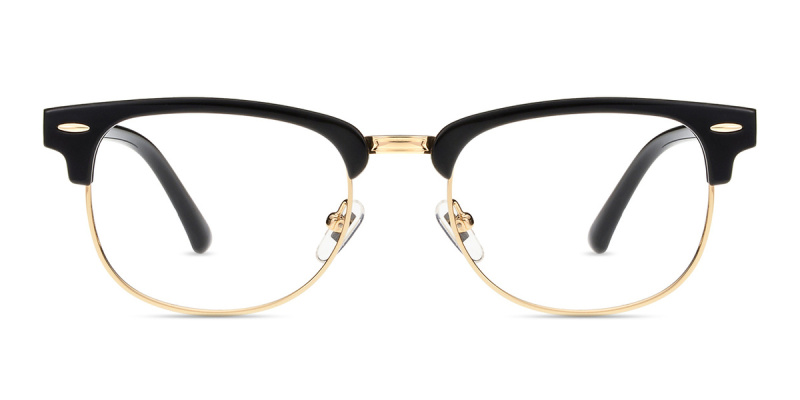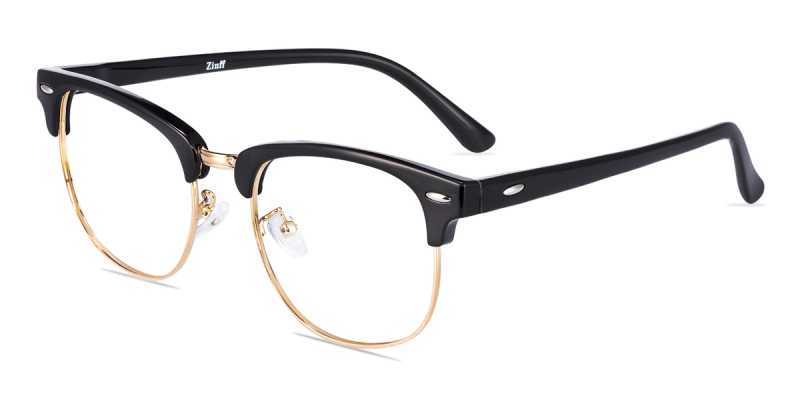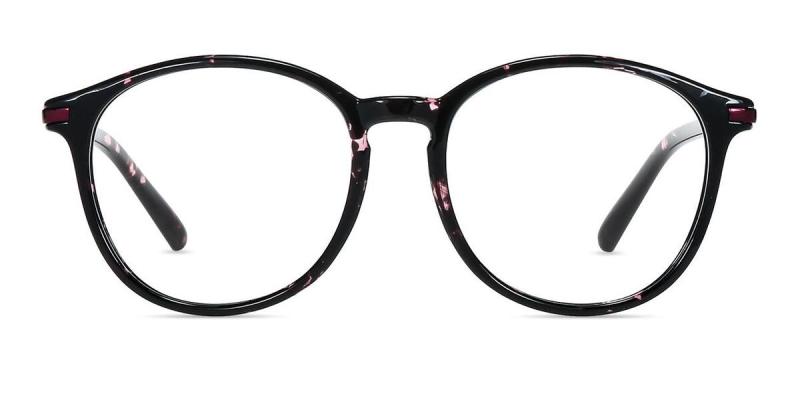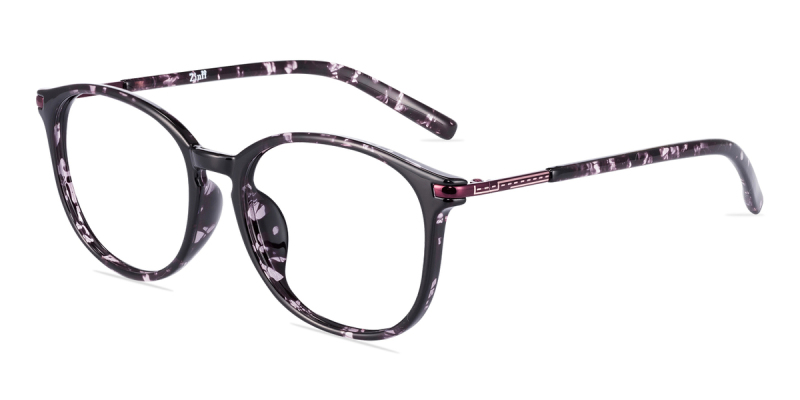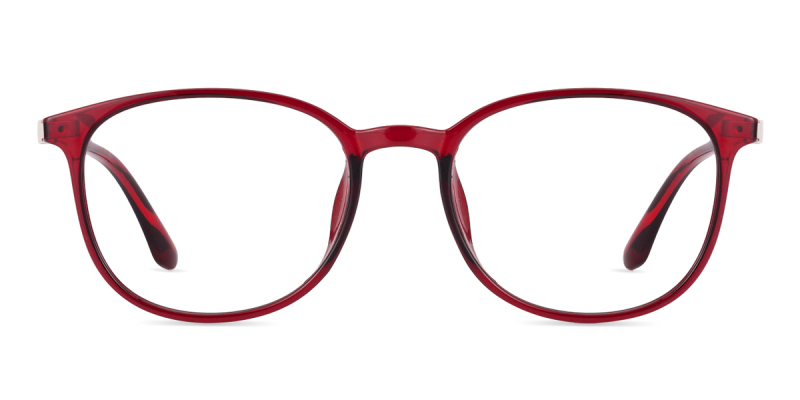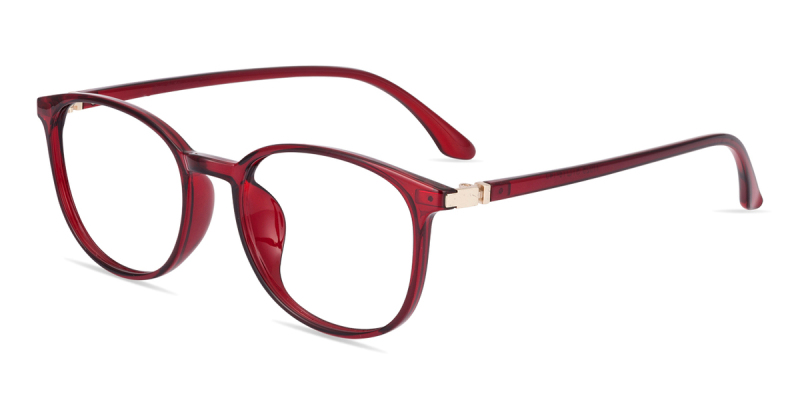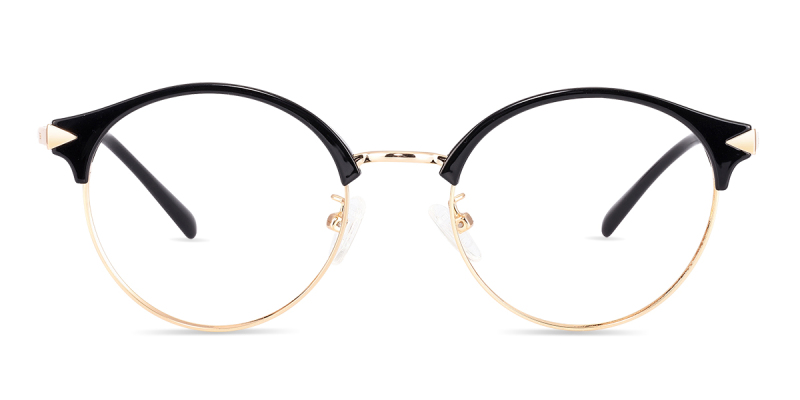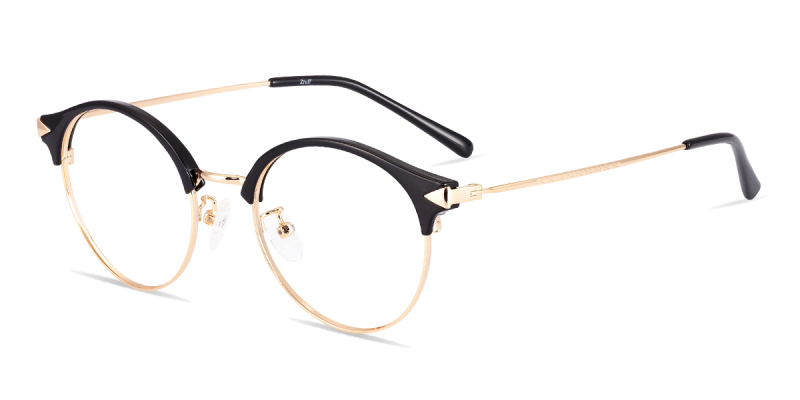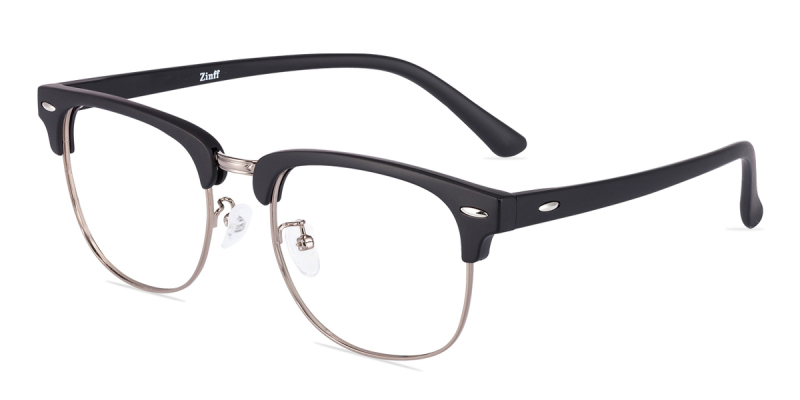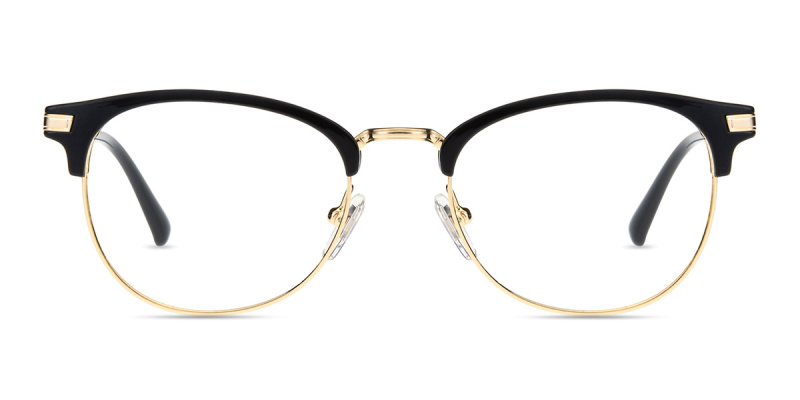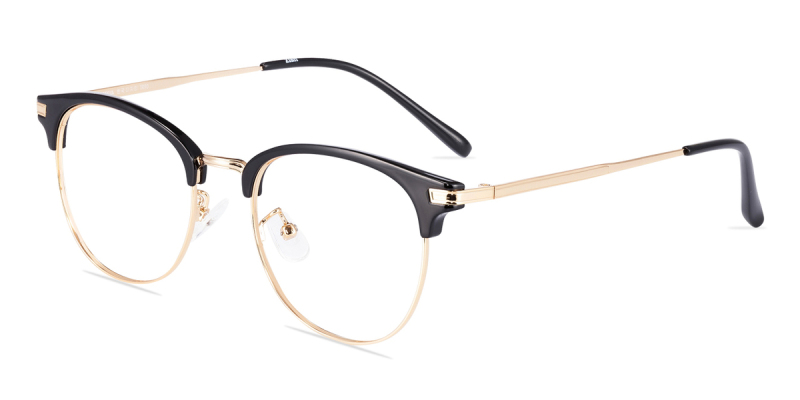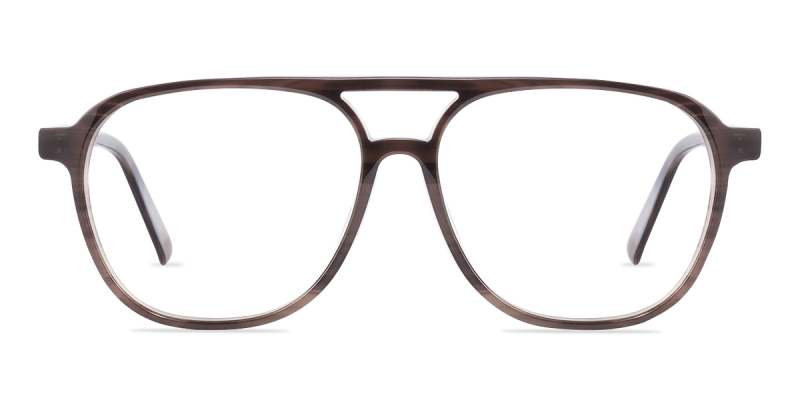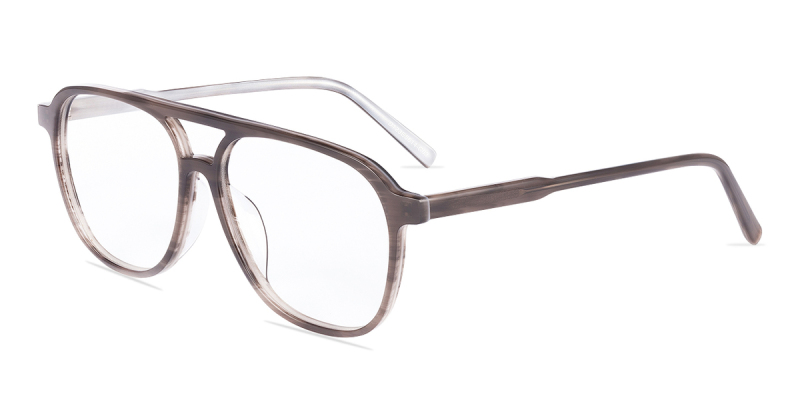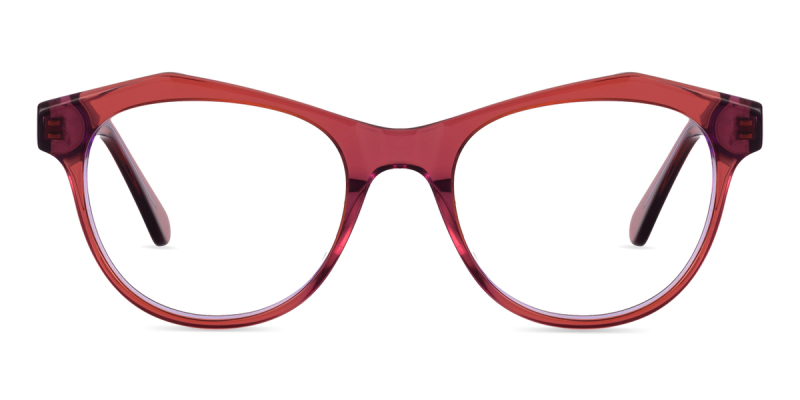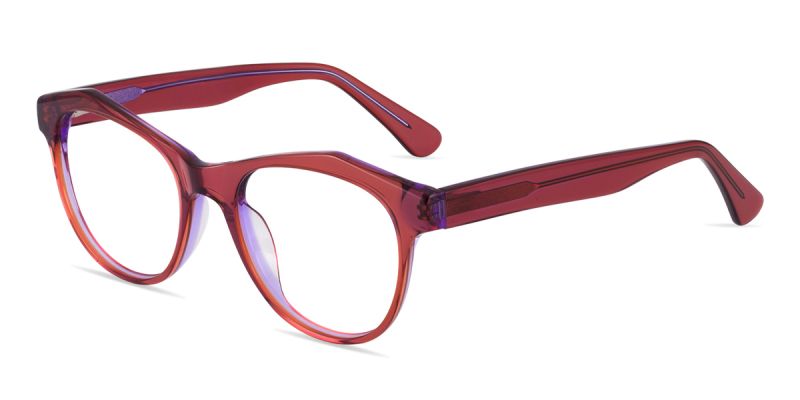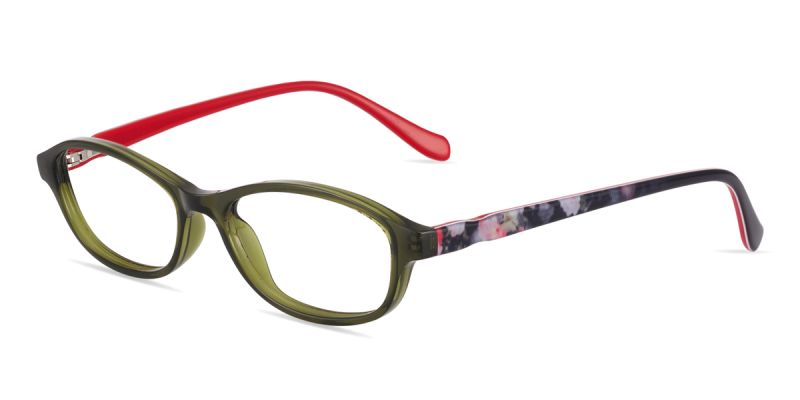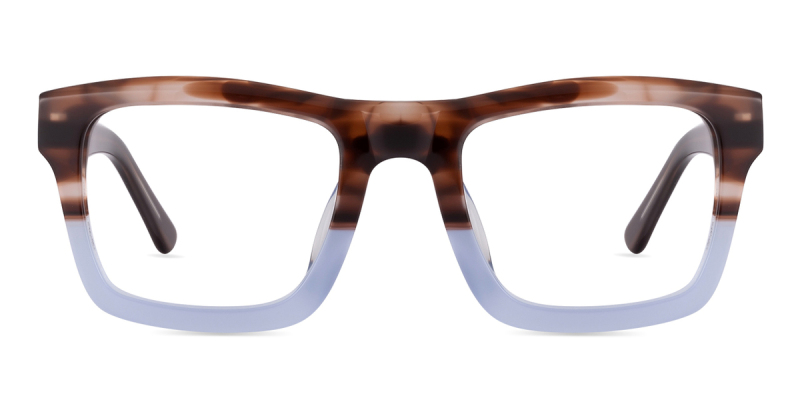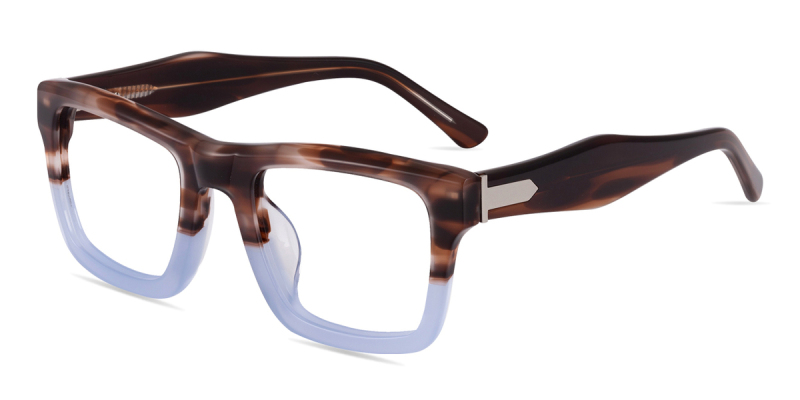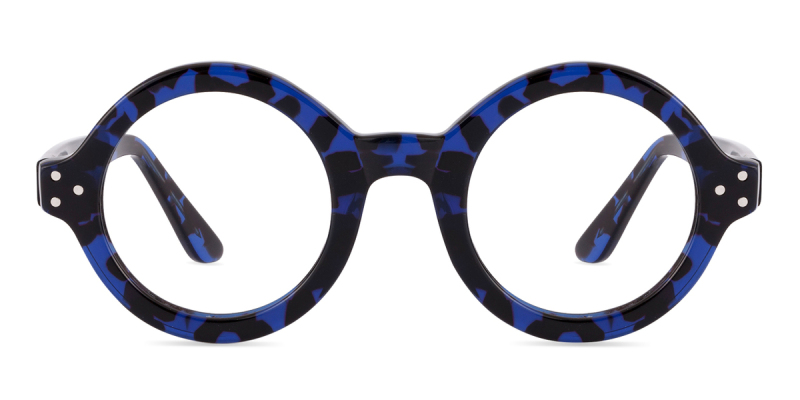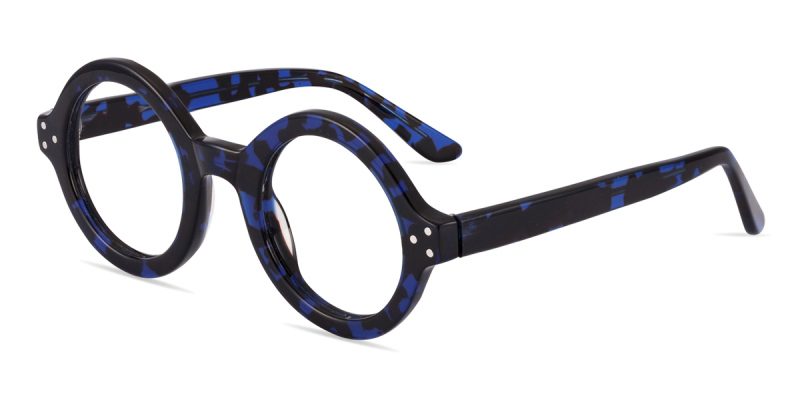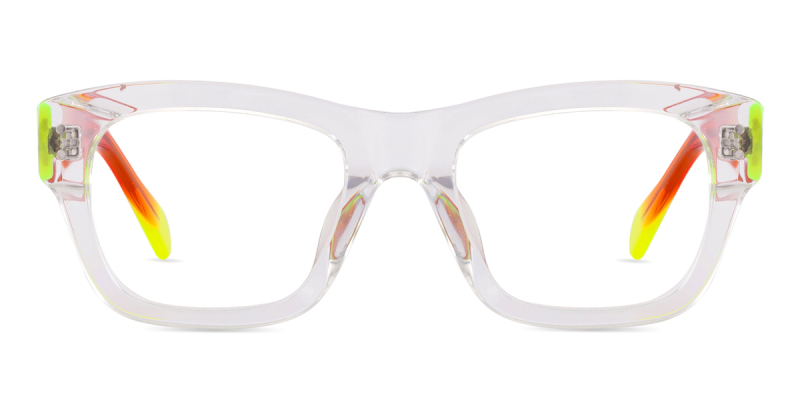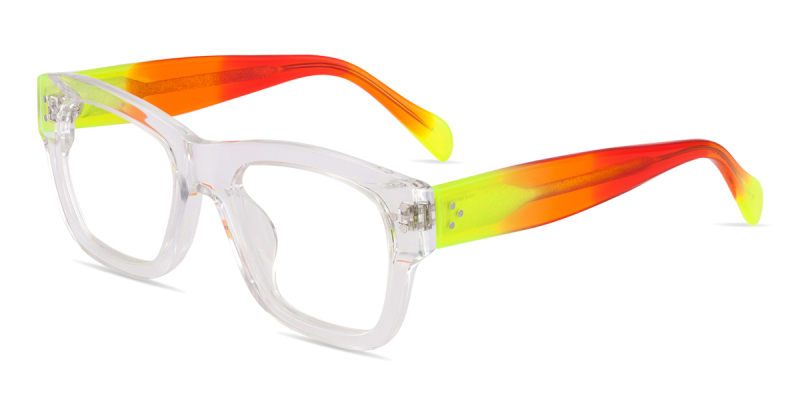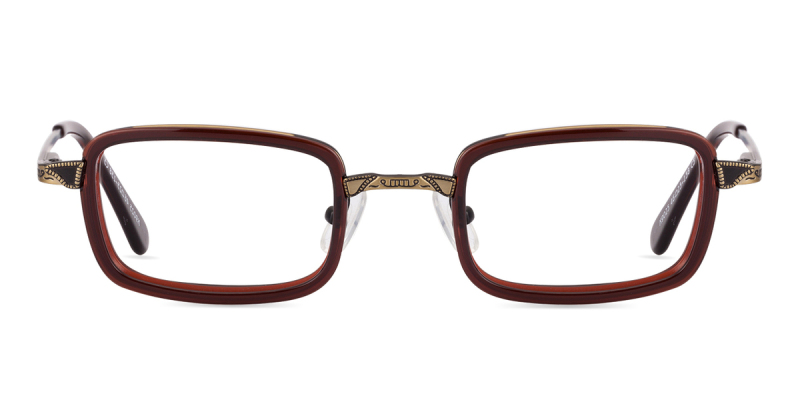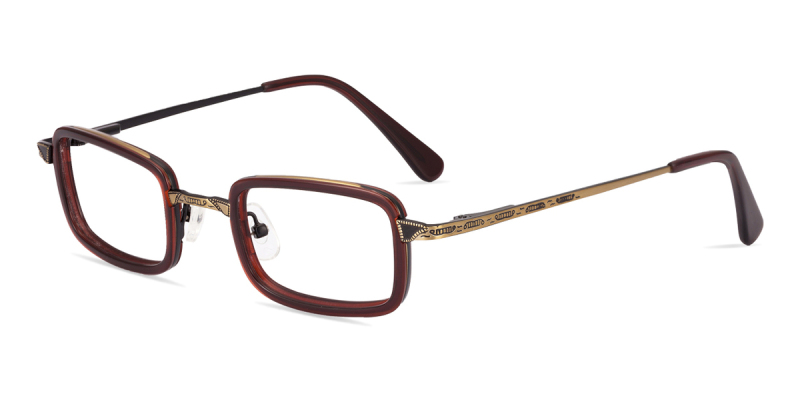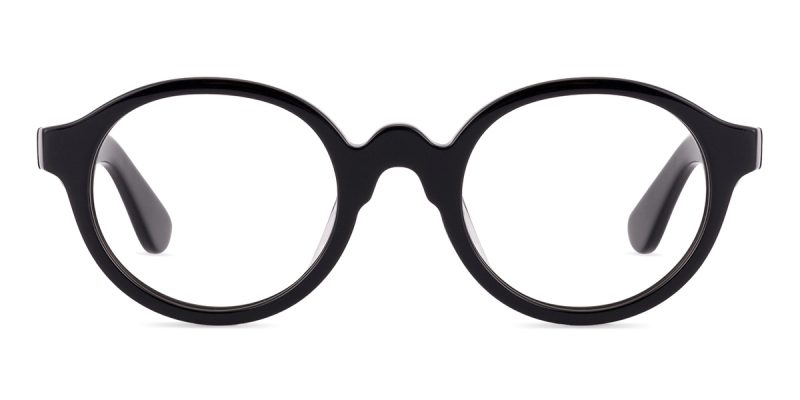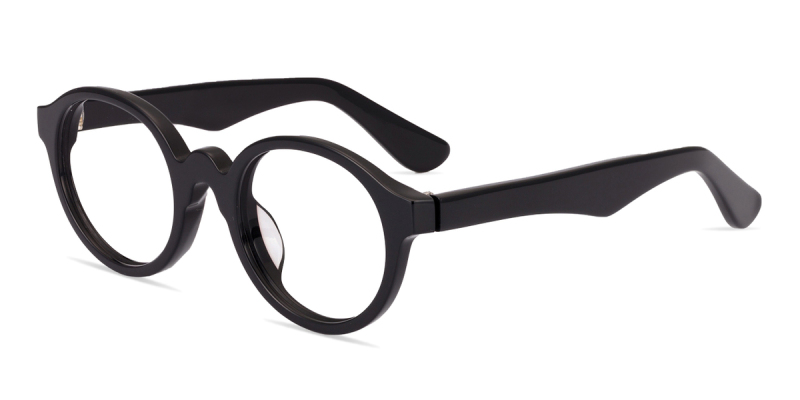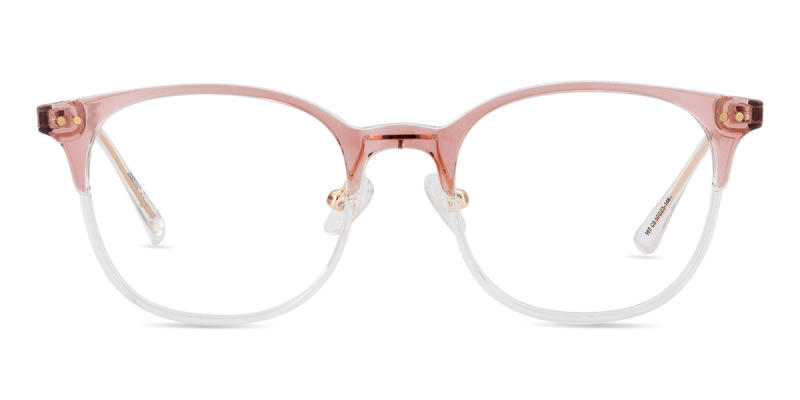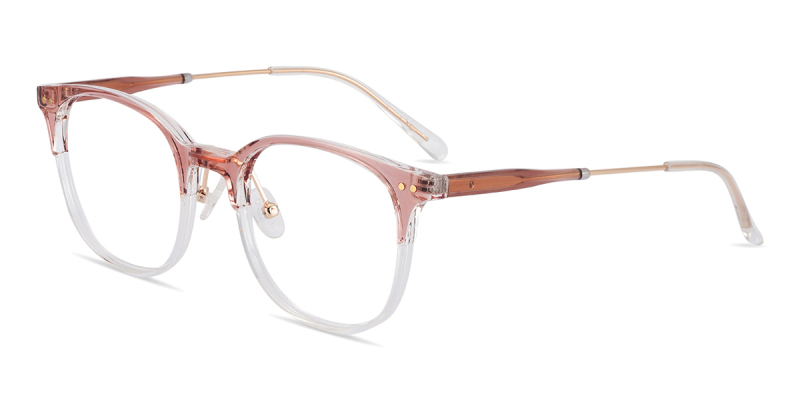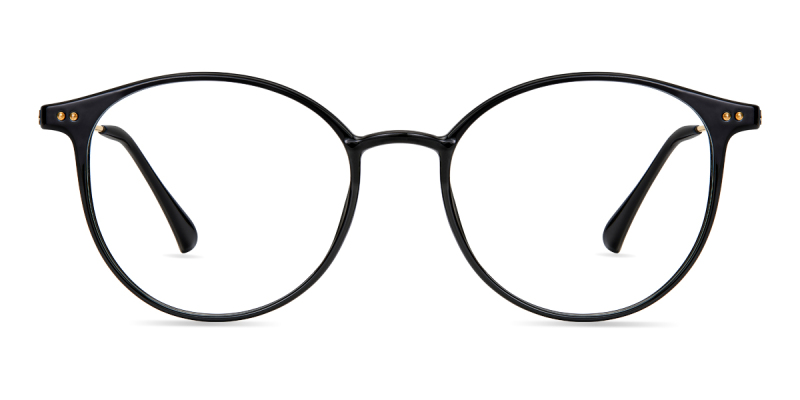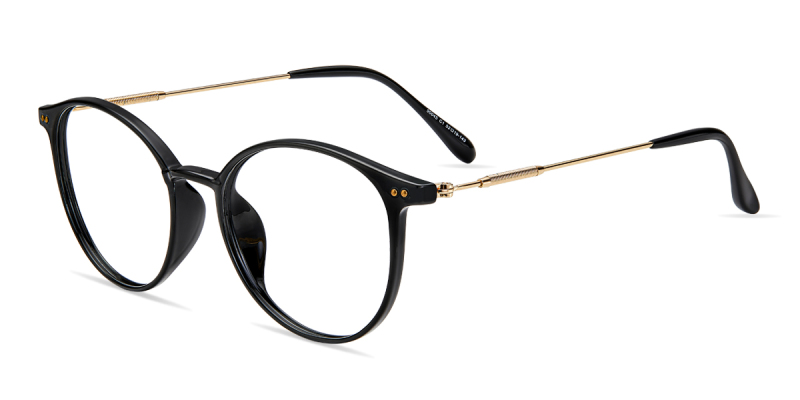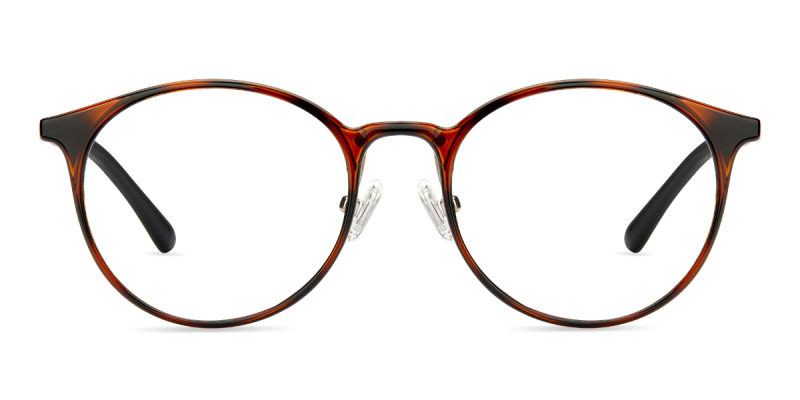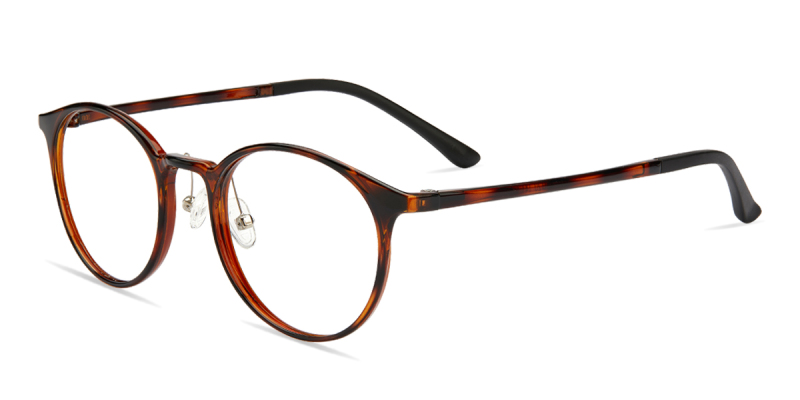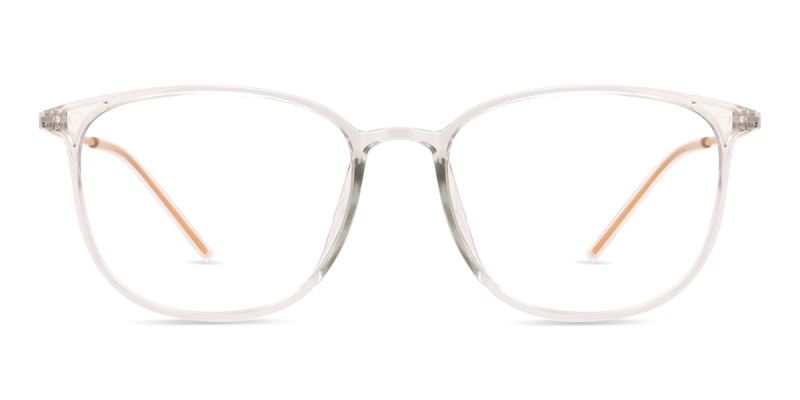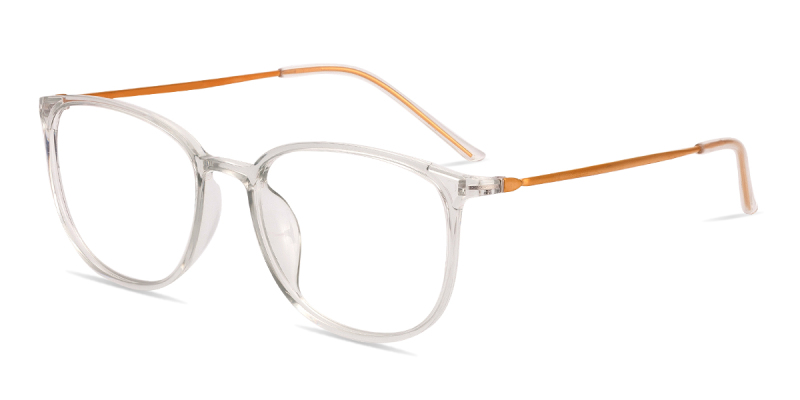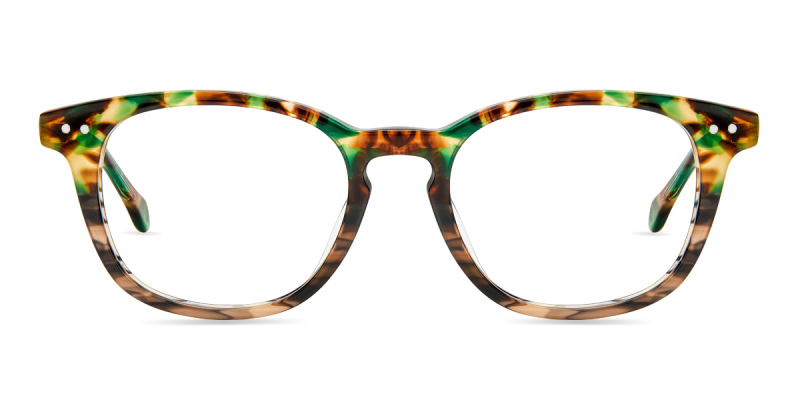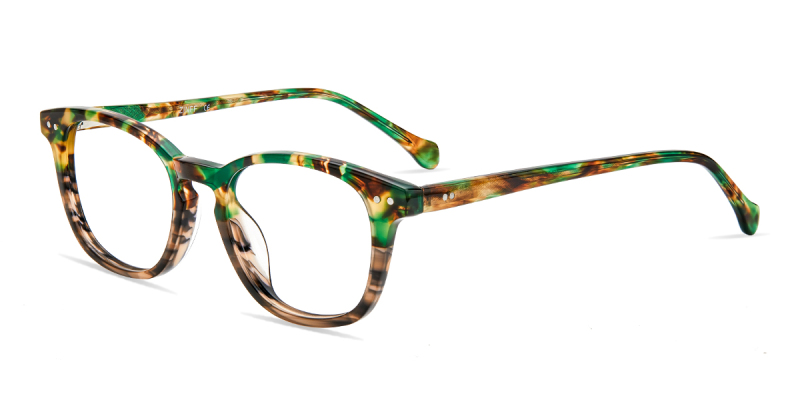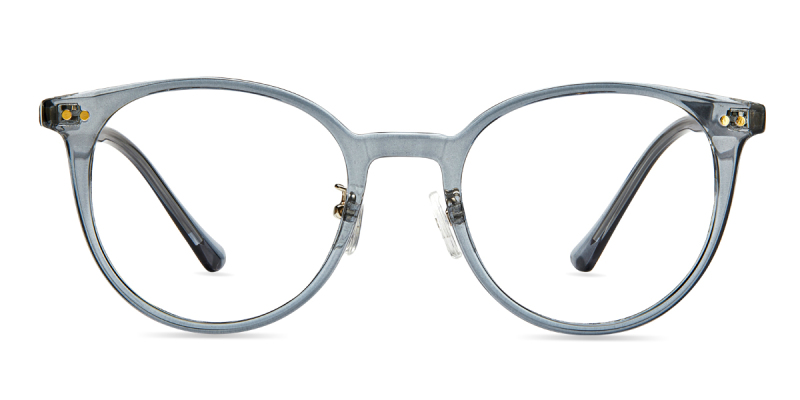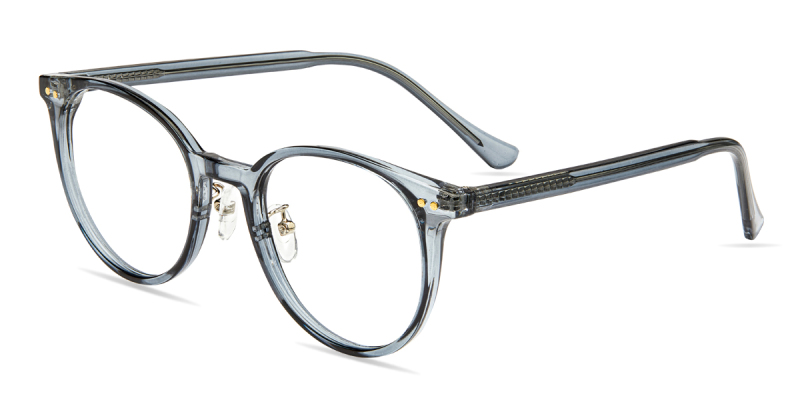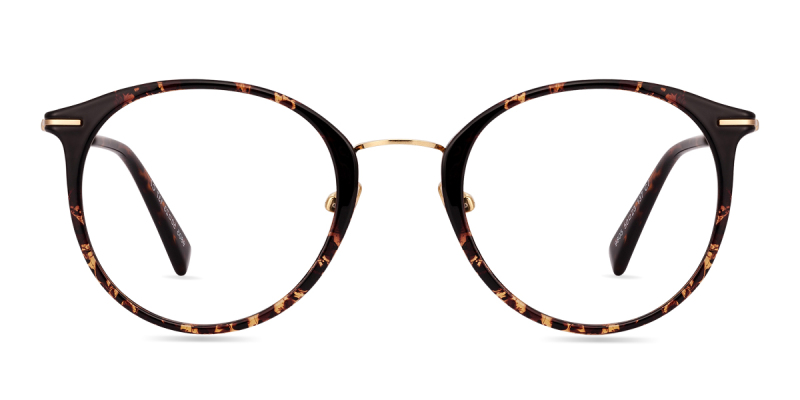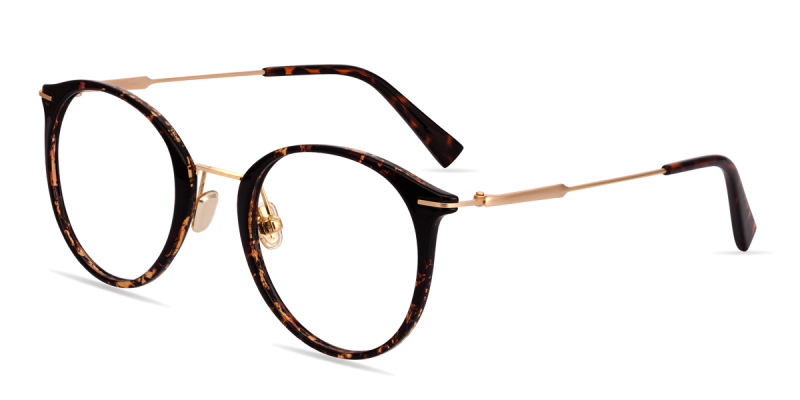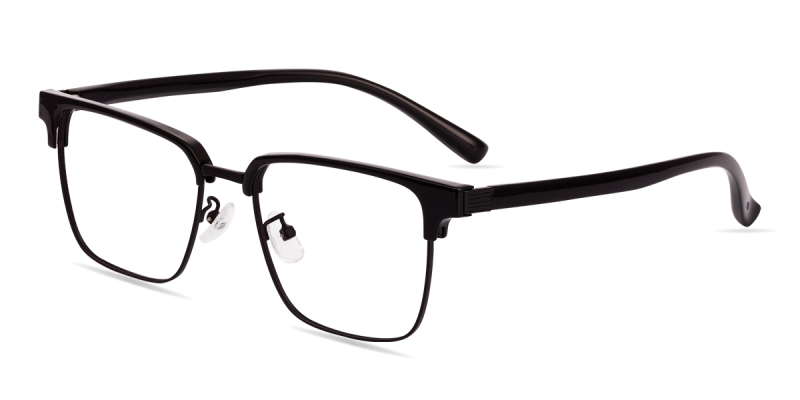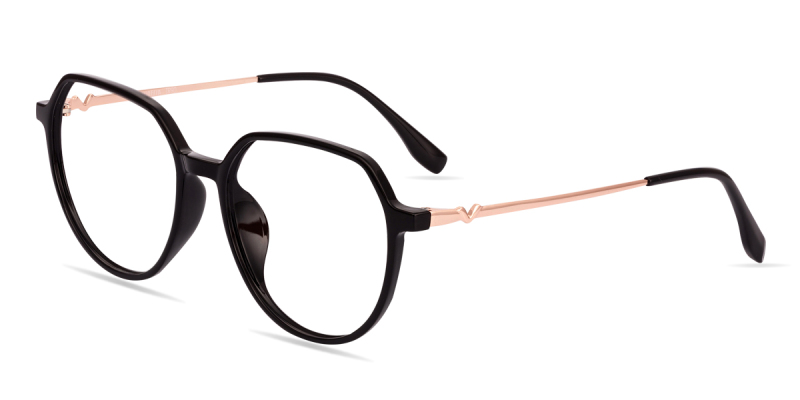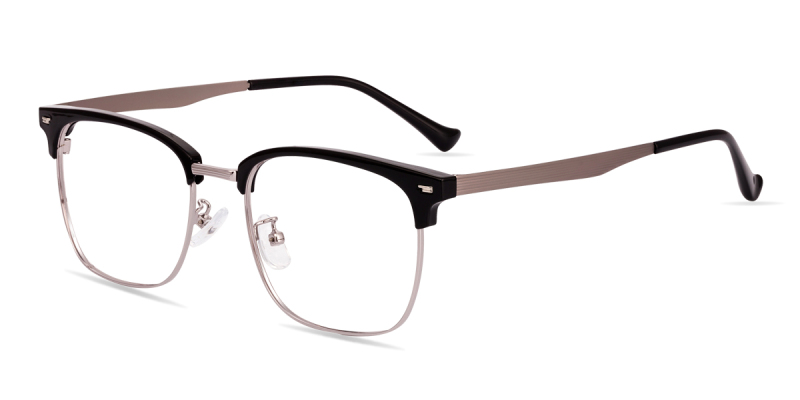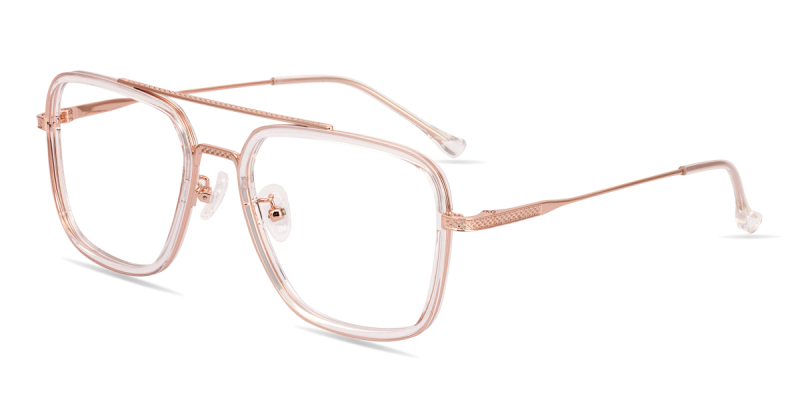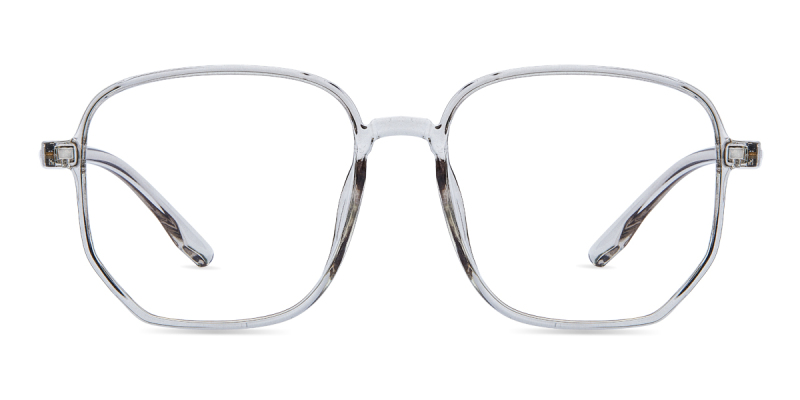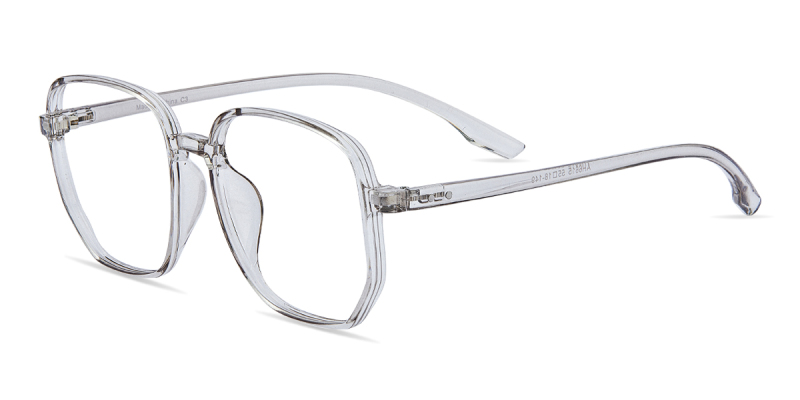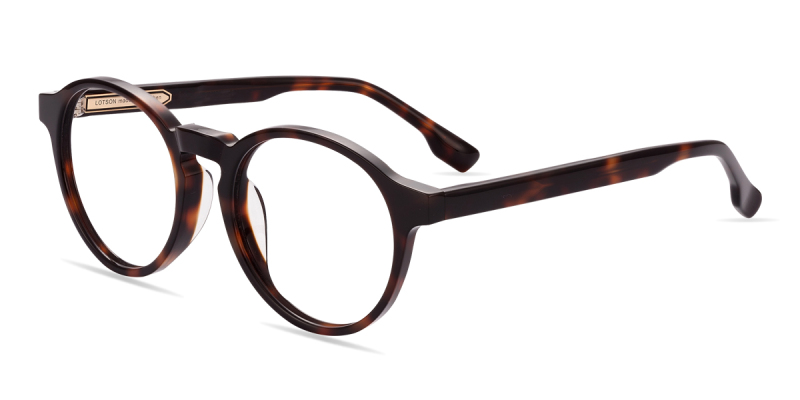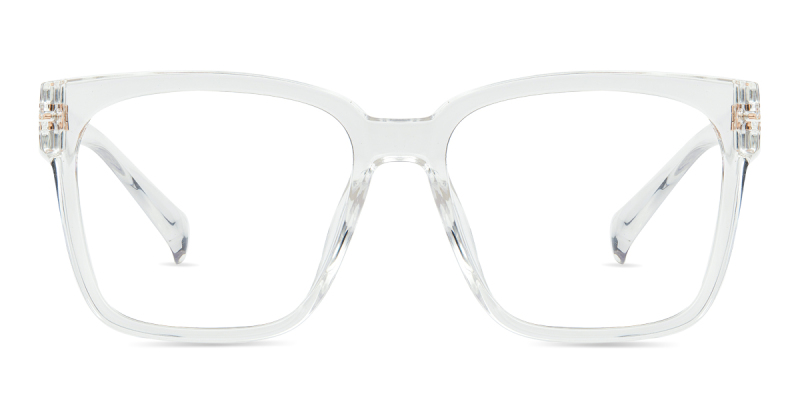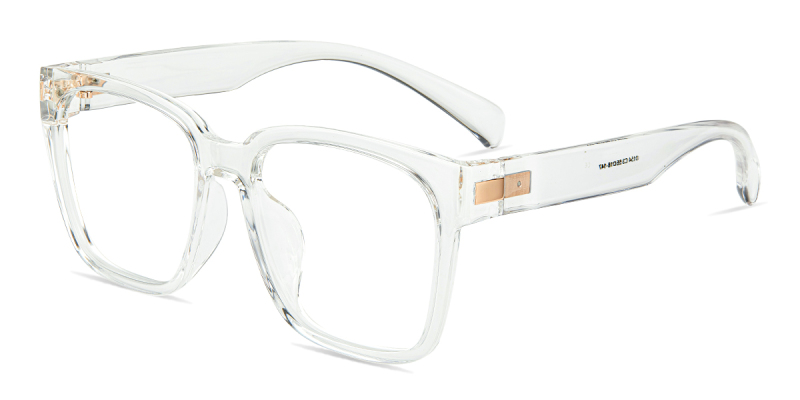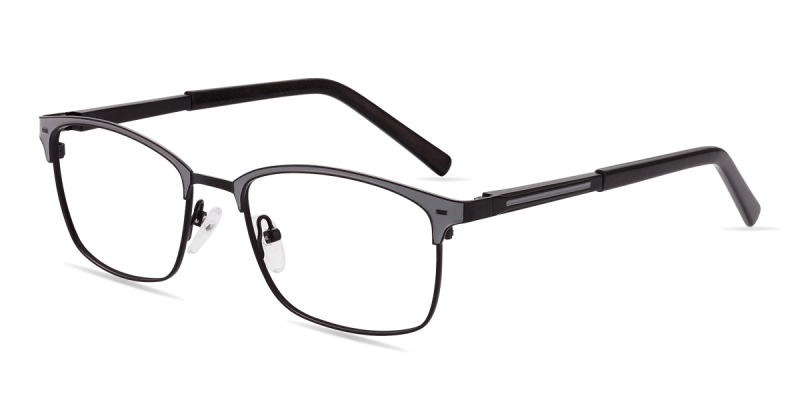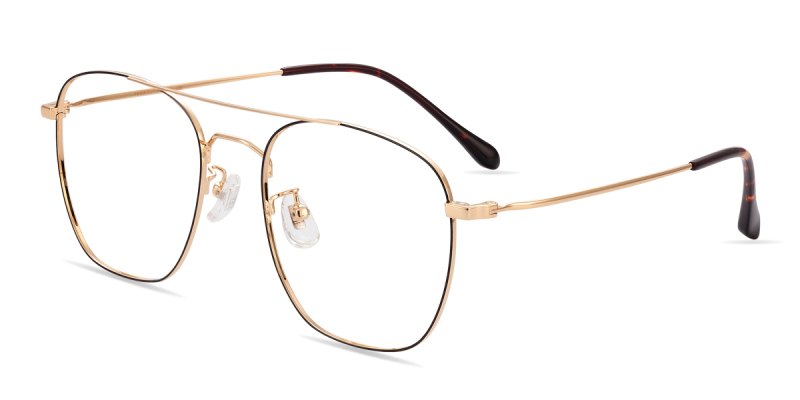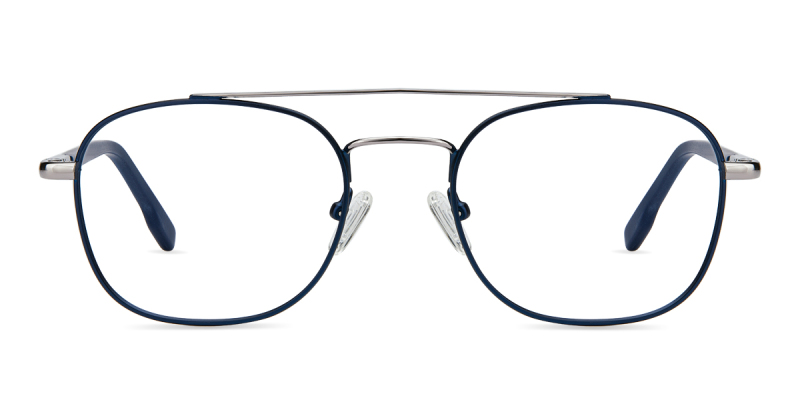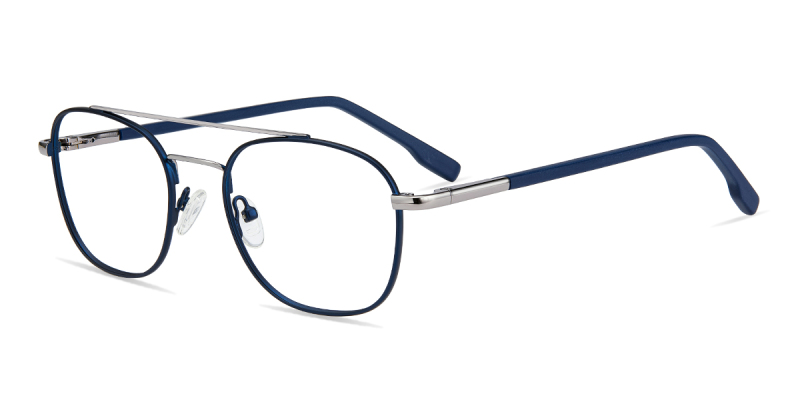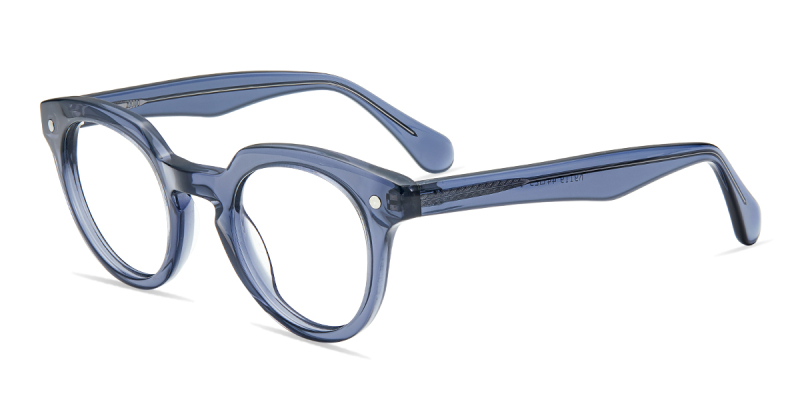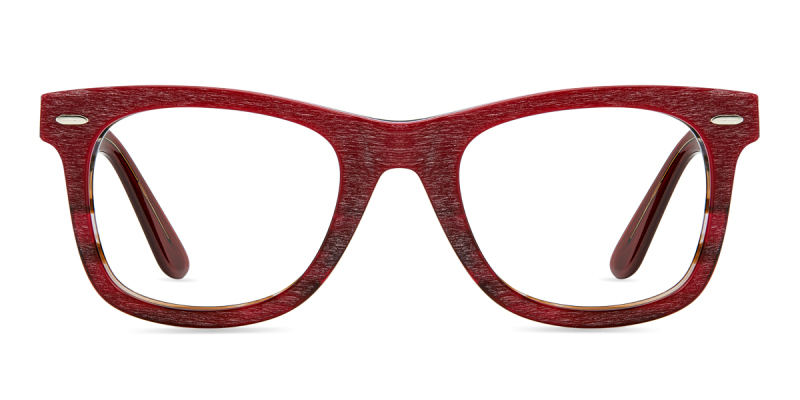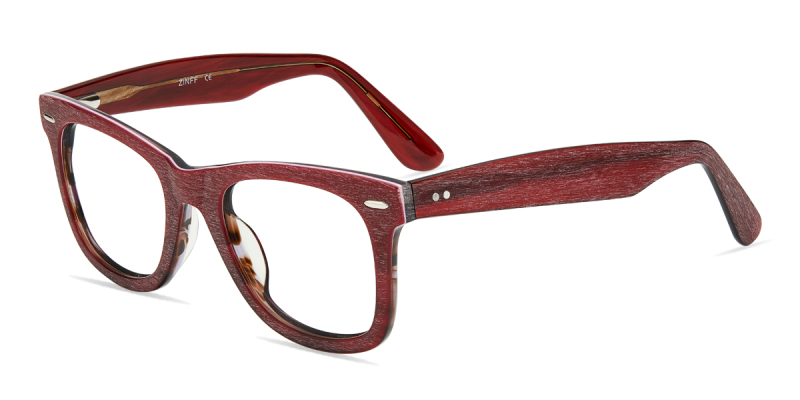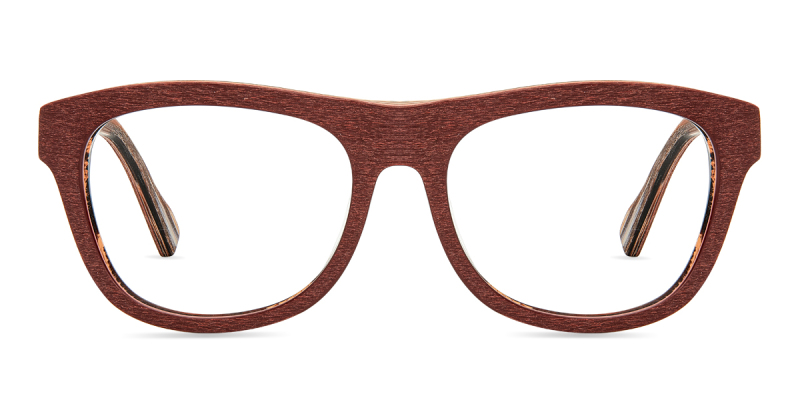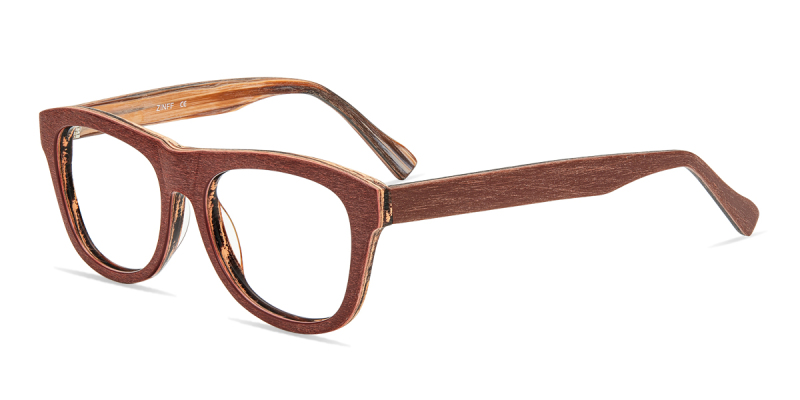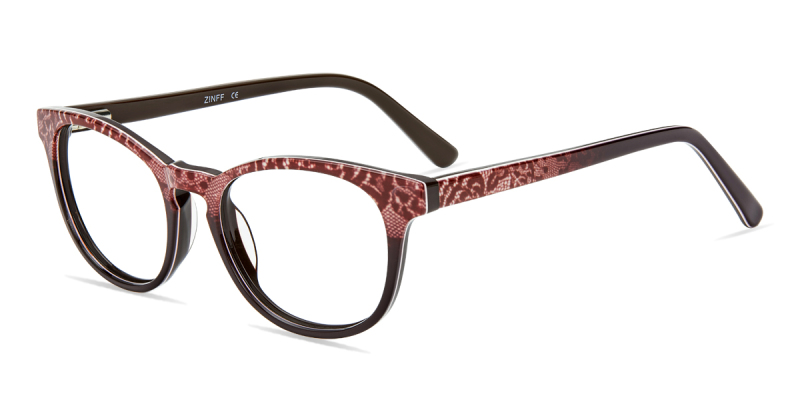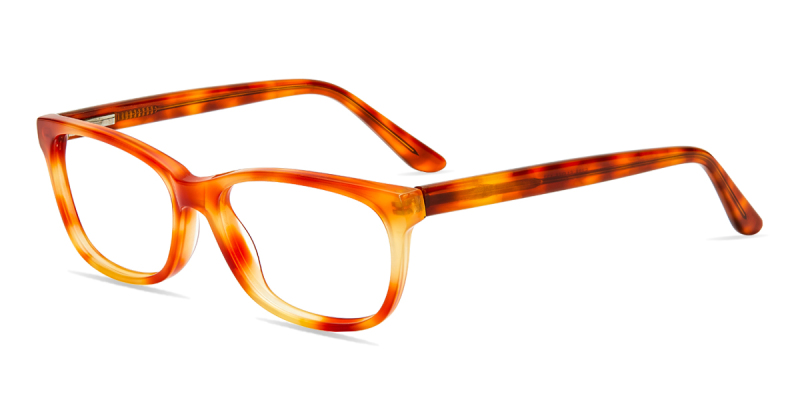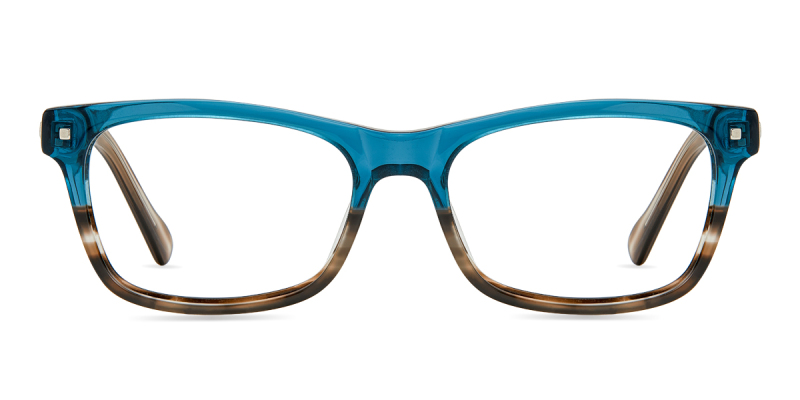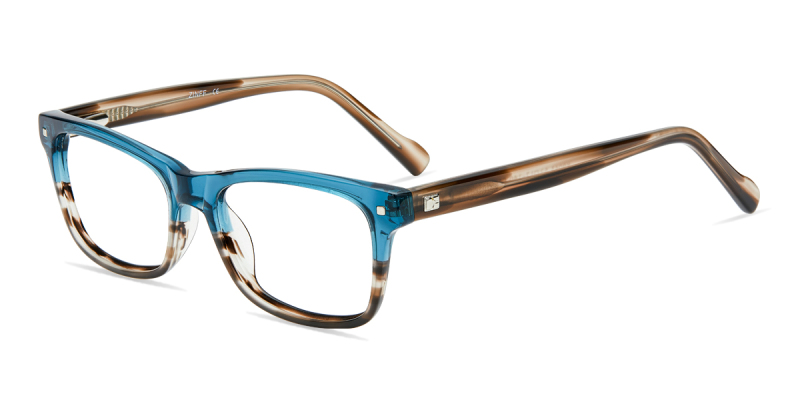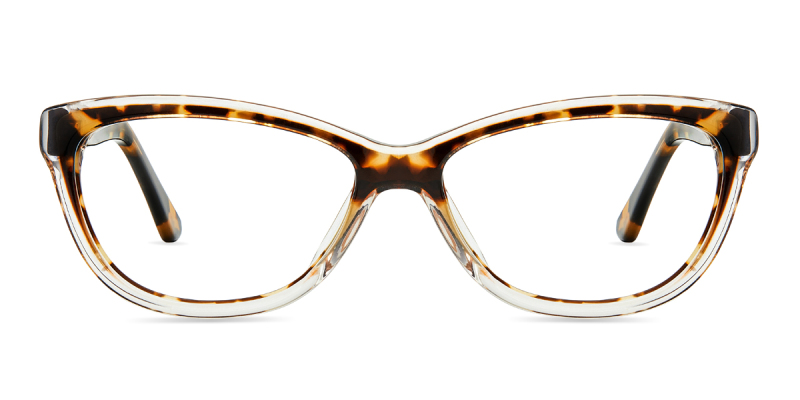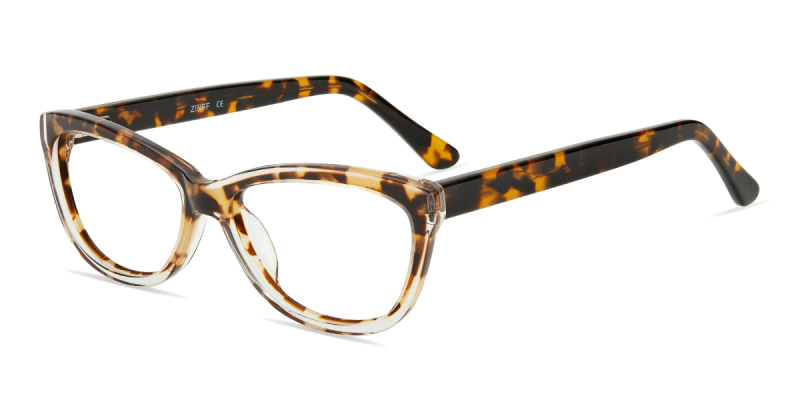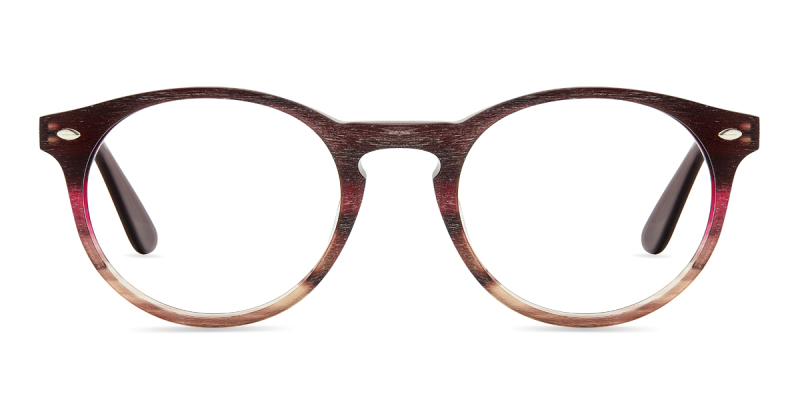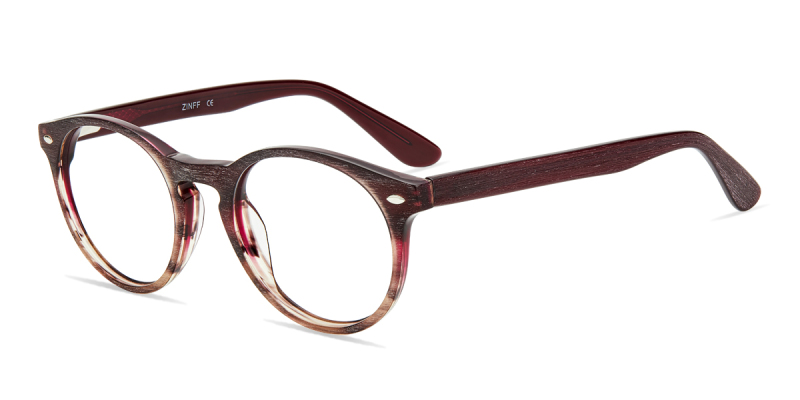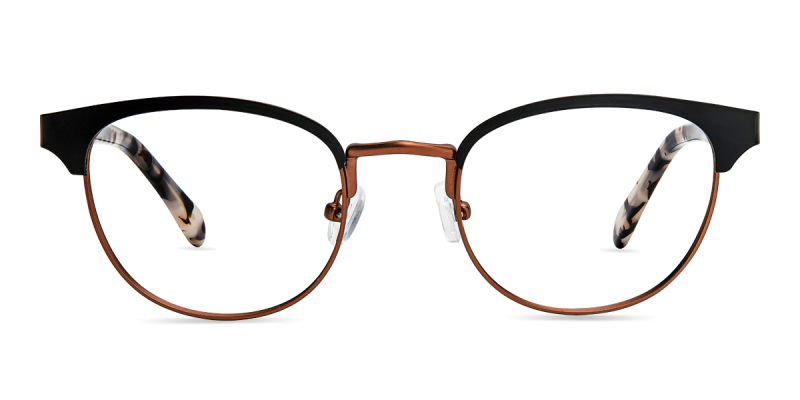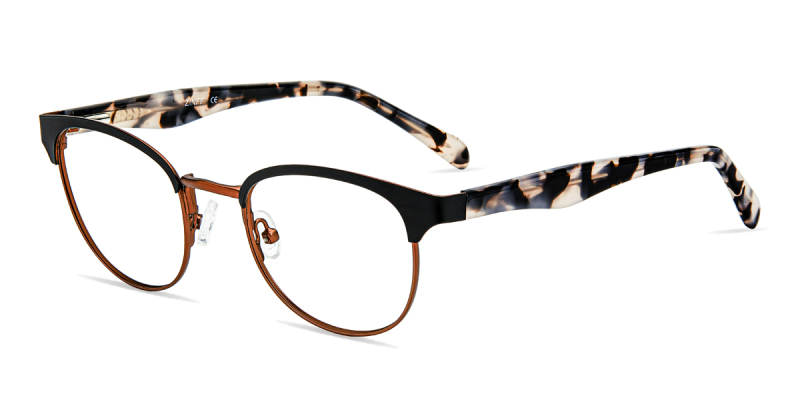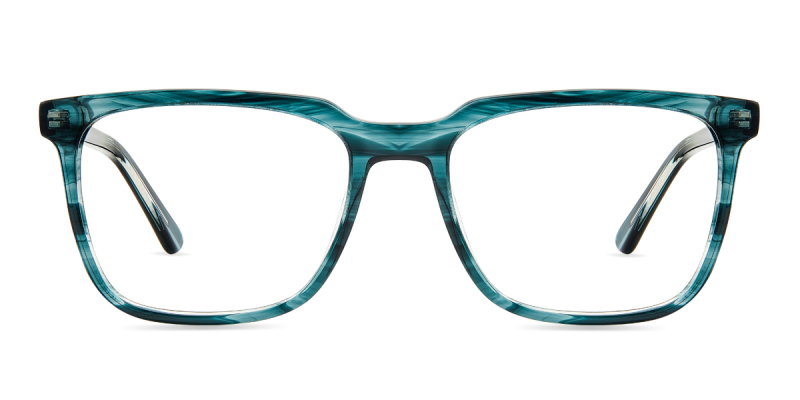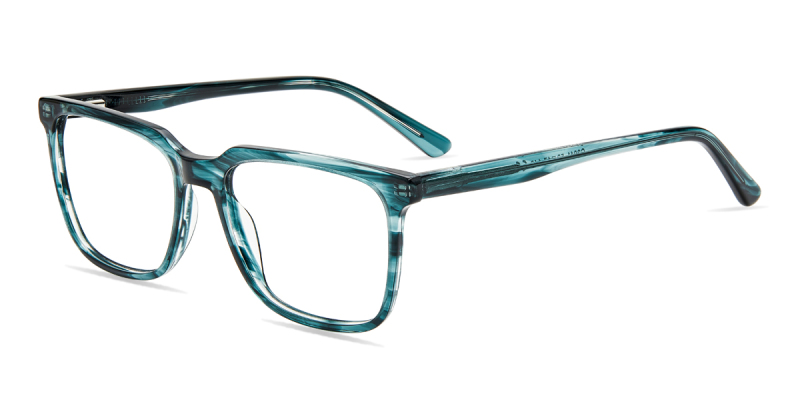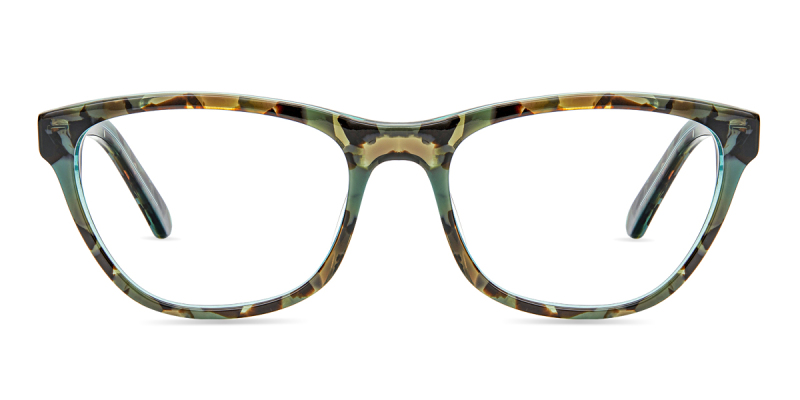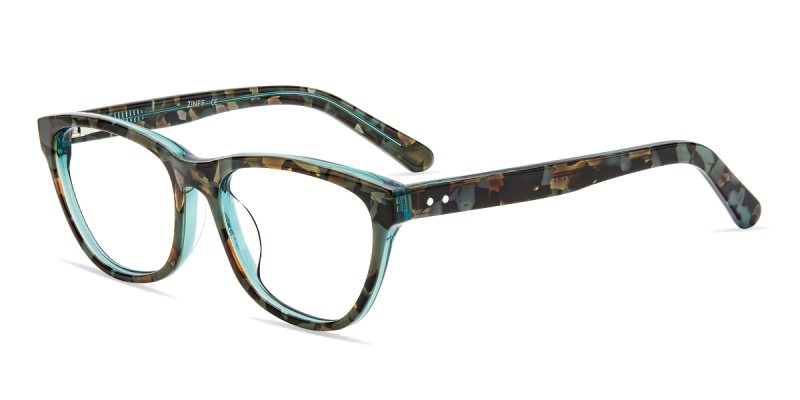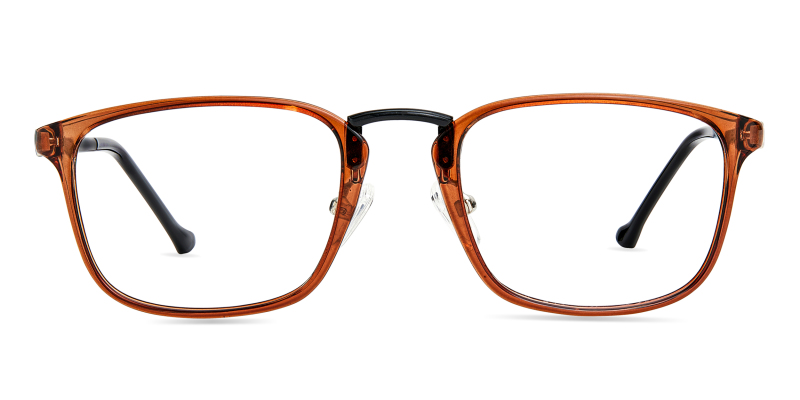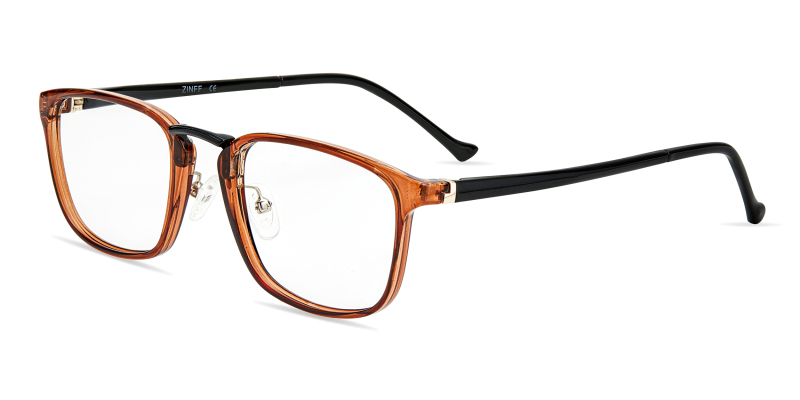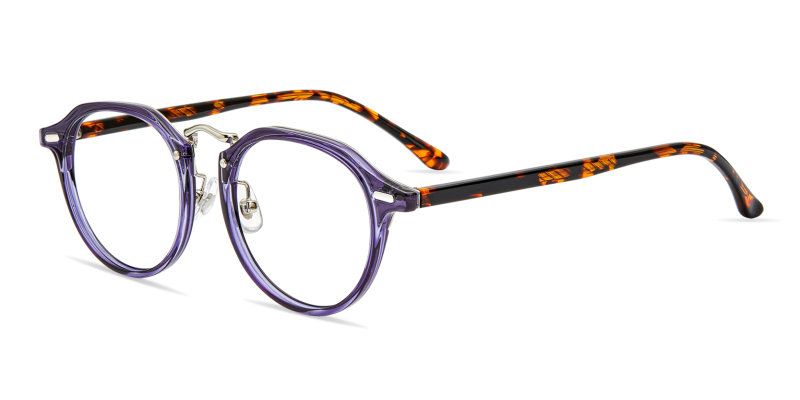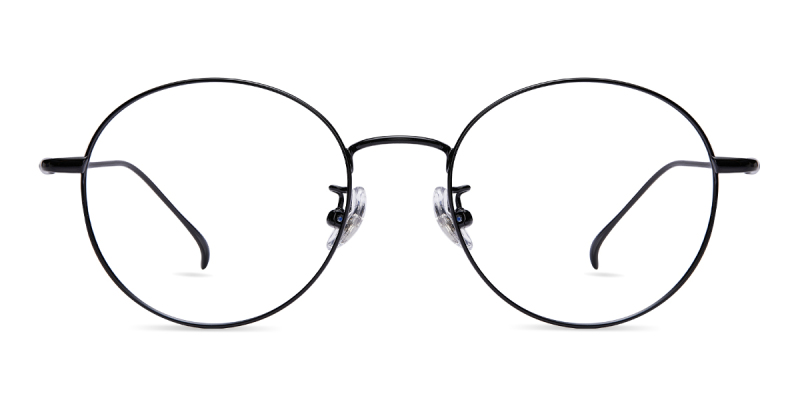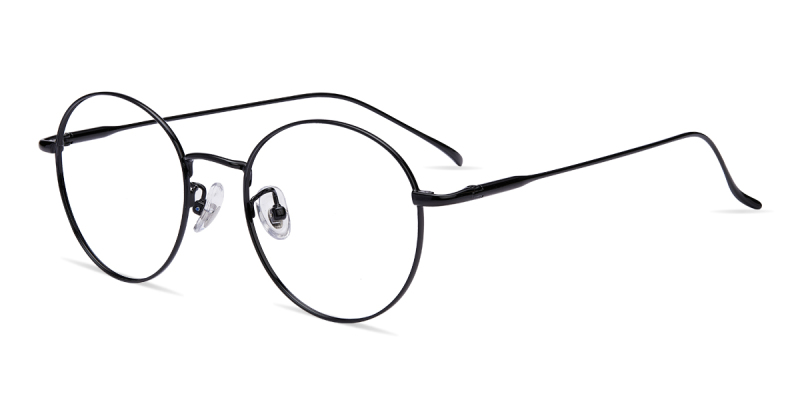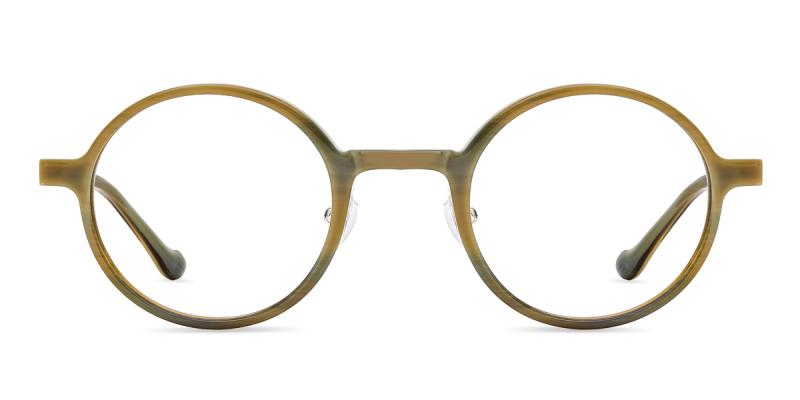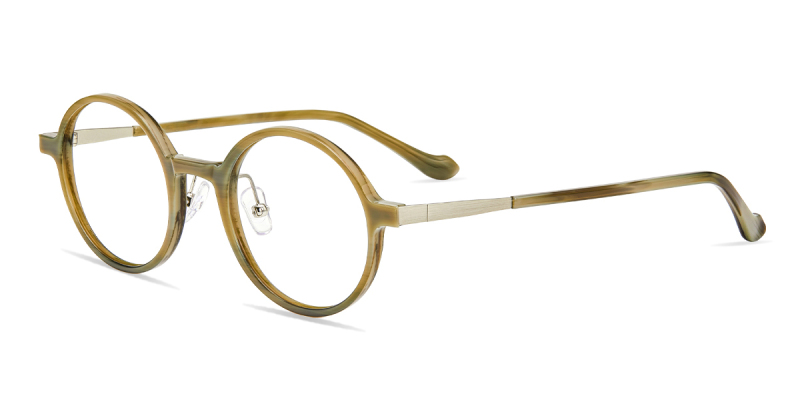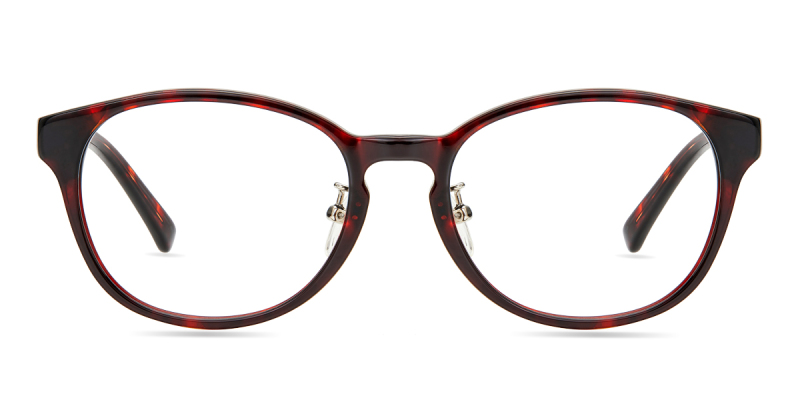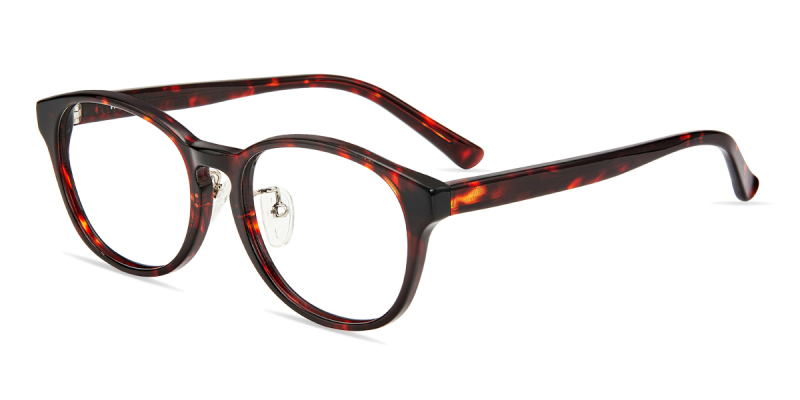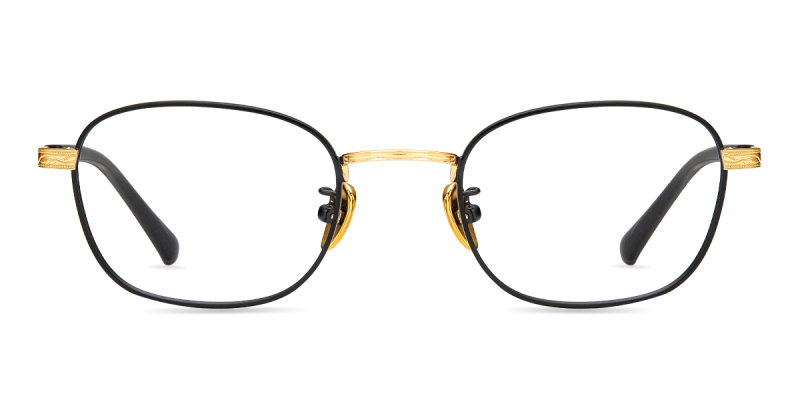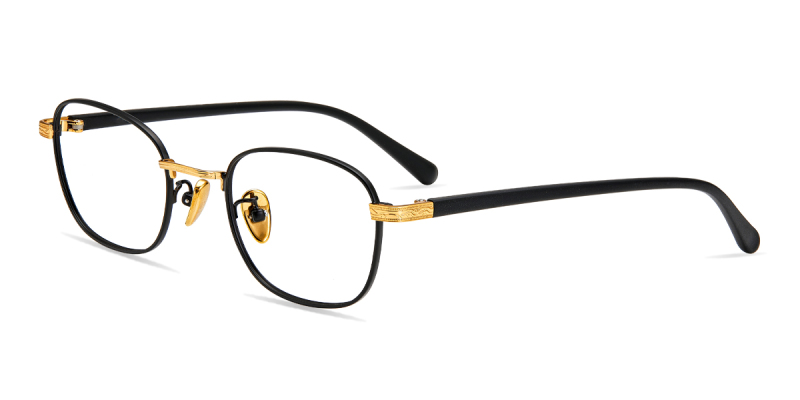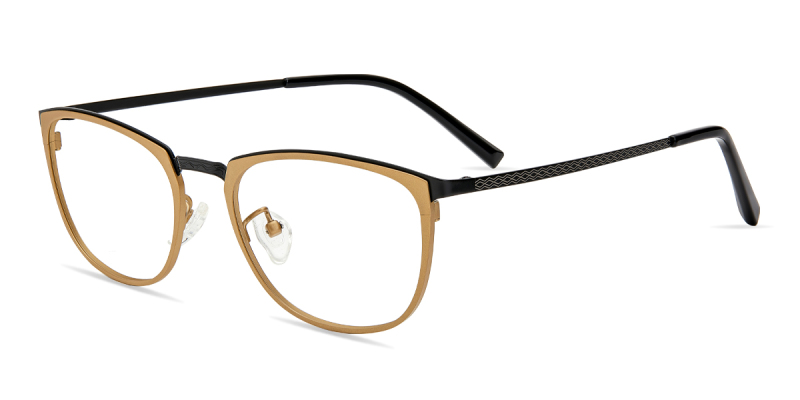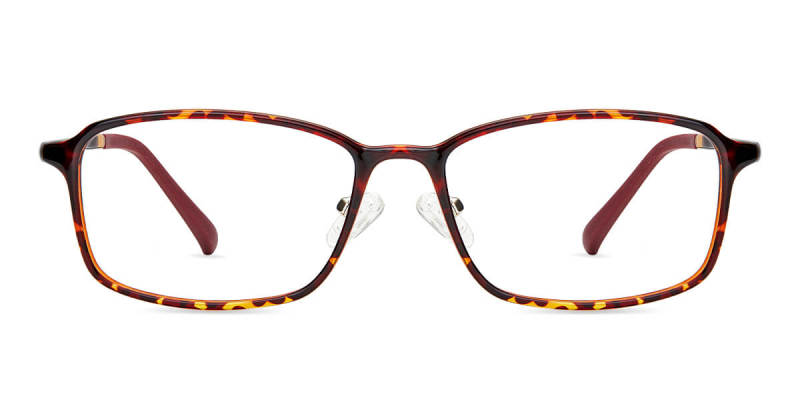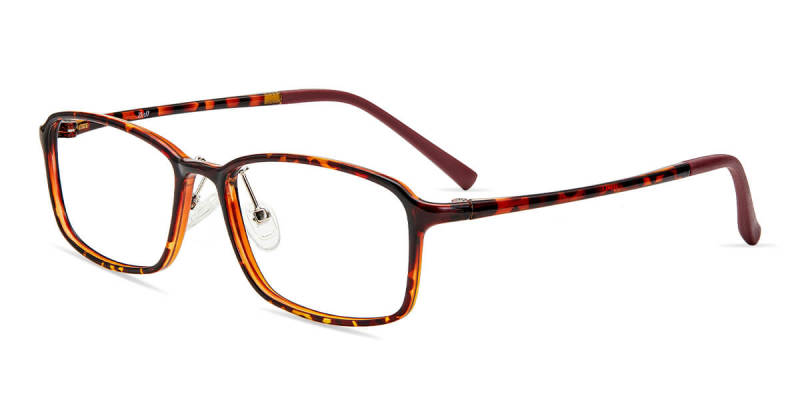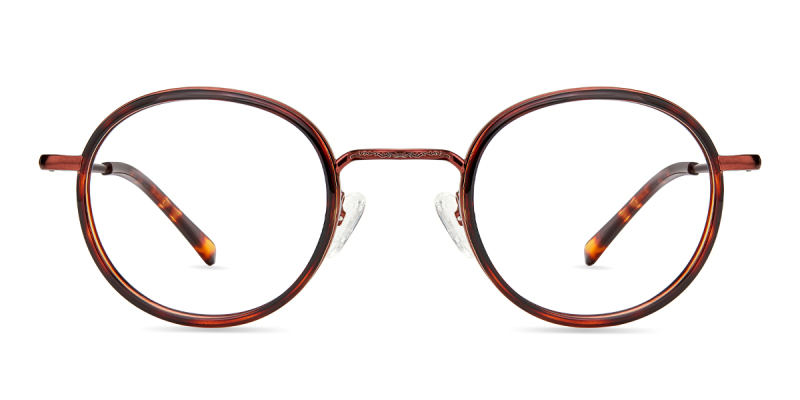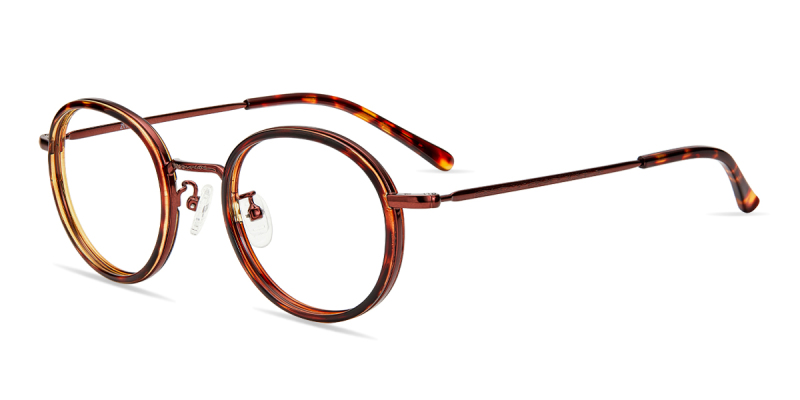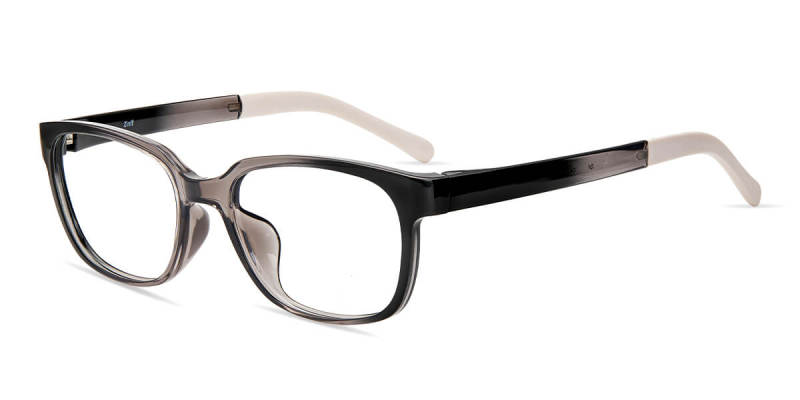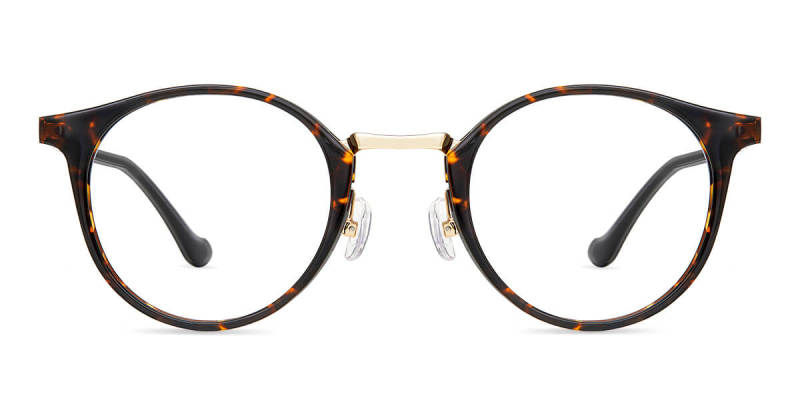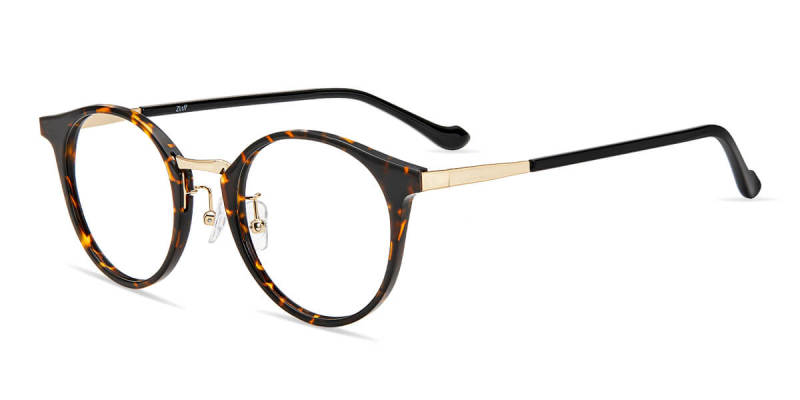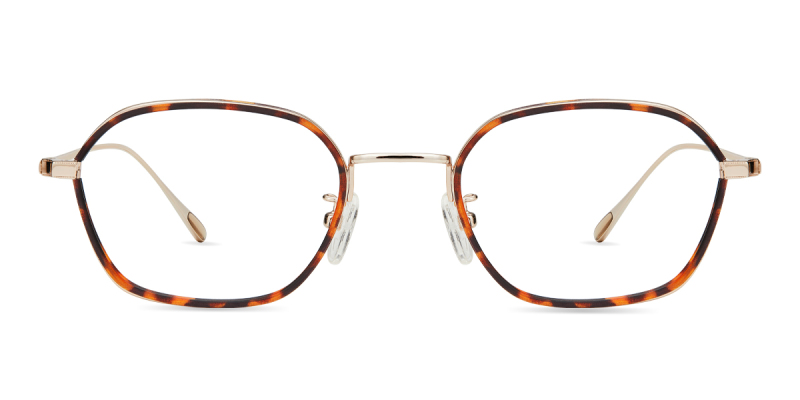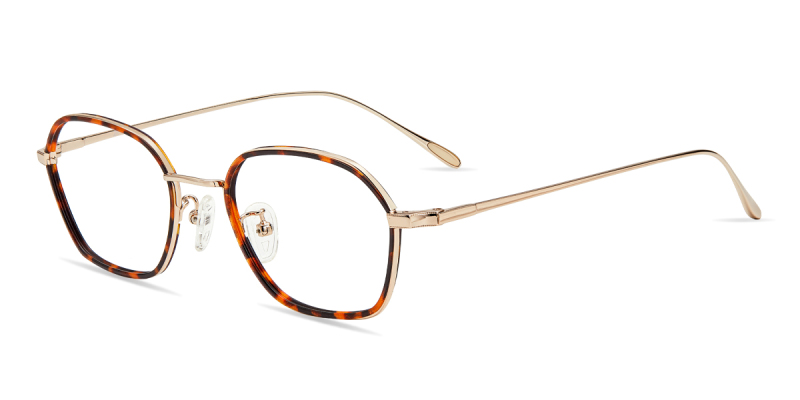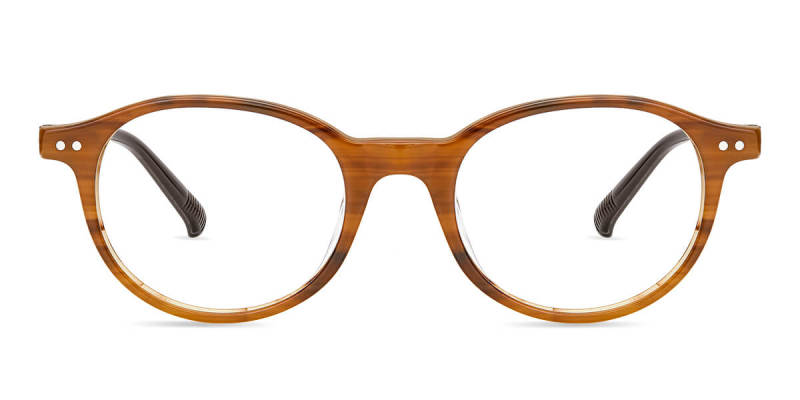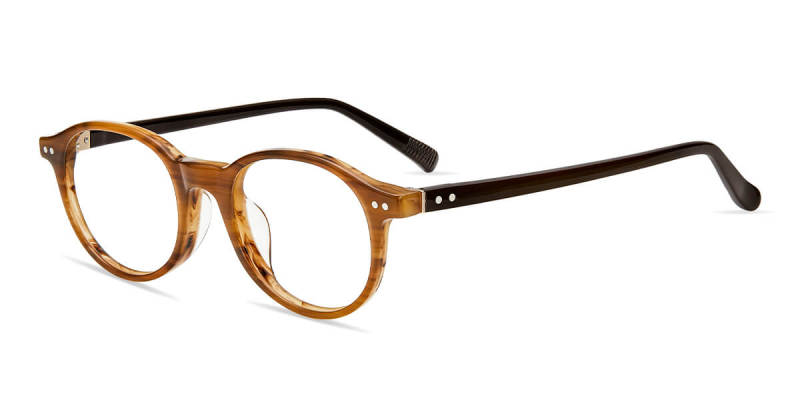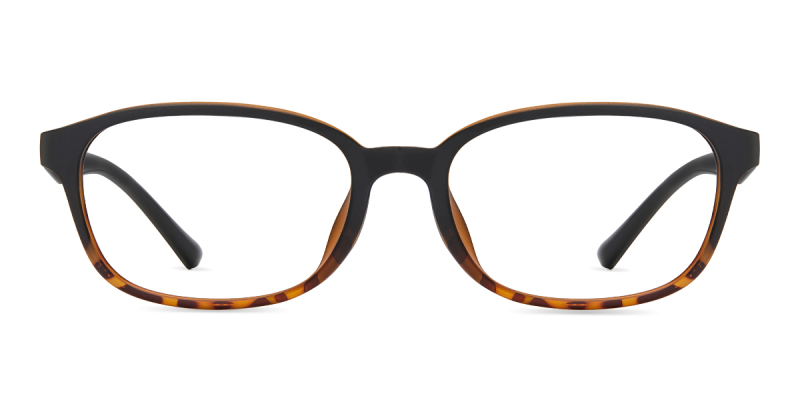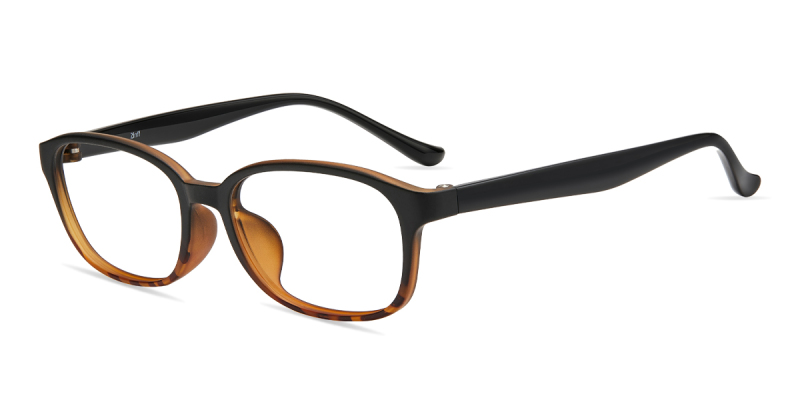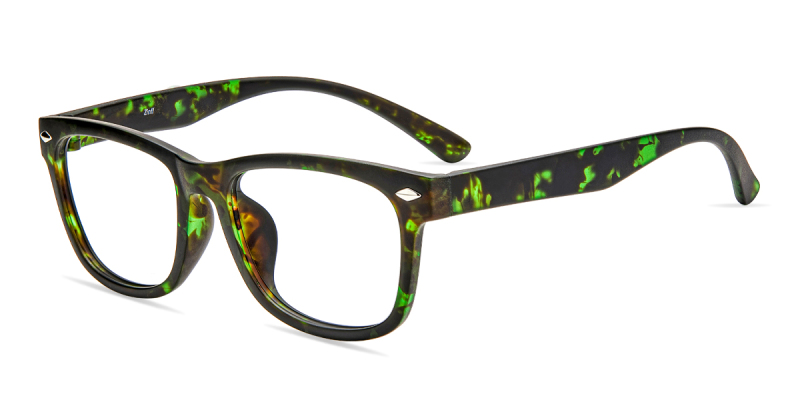Blue light glasses can improve sleep quality but you may not always get what you pay for.
- Blue light glasses are designed to filter out the blue light emitted by screens, but not all glasses filter out the same amount of blue light.
- Blue light glasses do not prevent eye strain from electronics, but studies suggest they may help promote better sleep.
- Consumer Reports tested three pairs of blue light glasses and found that the least expensive pair blocked the most amount of blue light.
- This article was medically reviewed by Benjamin Bert, MD, ophthalmologist at MemorialCare Orange Coast Medical Center in Fountain Valley, California.
Blue light glasses are designed to filter out blue light from screens such as your phone, computer, and TV. Lately, blue light has gotten a bad reputation. Because studies show that it affects our circadian rhythm, which can disrupt sleeping patterns.
However, blue light glasses claim to do more than just help people sleep. They can purportedly reduce eye strain and prevent screen-induced headaches, too.
That sounds great if you're someone who feels tired or fatigued after working all day in front of a computer screen. But since blue light glasses can cost anywhere from tens to hundreds of dollars, you might want to know what the research says first.
Do blue light glasses work?
Blue light glasses will not help you with eye strain, says Relief Jones, III, MD, a board-certified ophthalmologist and medical director at the San Antonio Eye & Face Institute. That's because, "the symptoms of 'eyestrain' that is experienced by individuals using electronics for an excessive amount of time are due to dry eyes syndrome."
People tend to blink less frequently when they're staring at a screen. Blinking helps keep your eyes moist, so when you blink less it can, "cause an increase in glare, pain, tearing, red eyes and even blurry vision," says Jones.
In other words, your eyestrain is caused by your blinking response and nothing to do with the blue light emitted by the screen. Therefore, blue light glasses will not fix this problem. The one issue blue light glasses may help with is your sleep.
"Blue light from electronics trick the brain into thinking that it's still daytime, so melatonin production is inhibited. This can lead to difficulty falling asleep and staying asleep," Jones says.
That's why, in his practice, Jones says that he advises patients to use blue light glasses primarily to combat sleep problems. Kids, in particular, can benefit from using blue light glasses, since children's still-developing eyes absorb more blue light than adults.
Blue light glasses may also be helpful for adults at night. One small study, published in Chronobiology International, found that adults who used blue-light blocking glasses for two hours pre-bedtime fell asleep faster and slept better than those who didn't.
And another study, published by the same journal, found that those who had trouble sleeping slept better after using blue-light blocking glasses for three hours before they went to sleep than those who used glasses that blocked just ultraviolet light.
Should I buy blue light glasses?
Yes, Shop blue-light blocking glasses at zinff from $16.99 now!
But. If you're suffering from persistent eye strain or soreness, it may be a sign of a more severe condition and you should seek medical advice. The AAO recommends everyone visit an ophthalmologist for a basic eye exam by the time they are 40.

